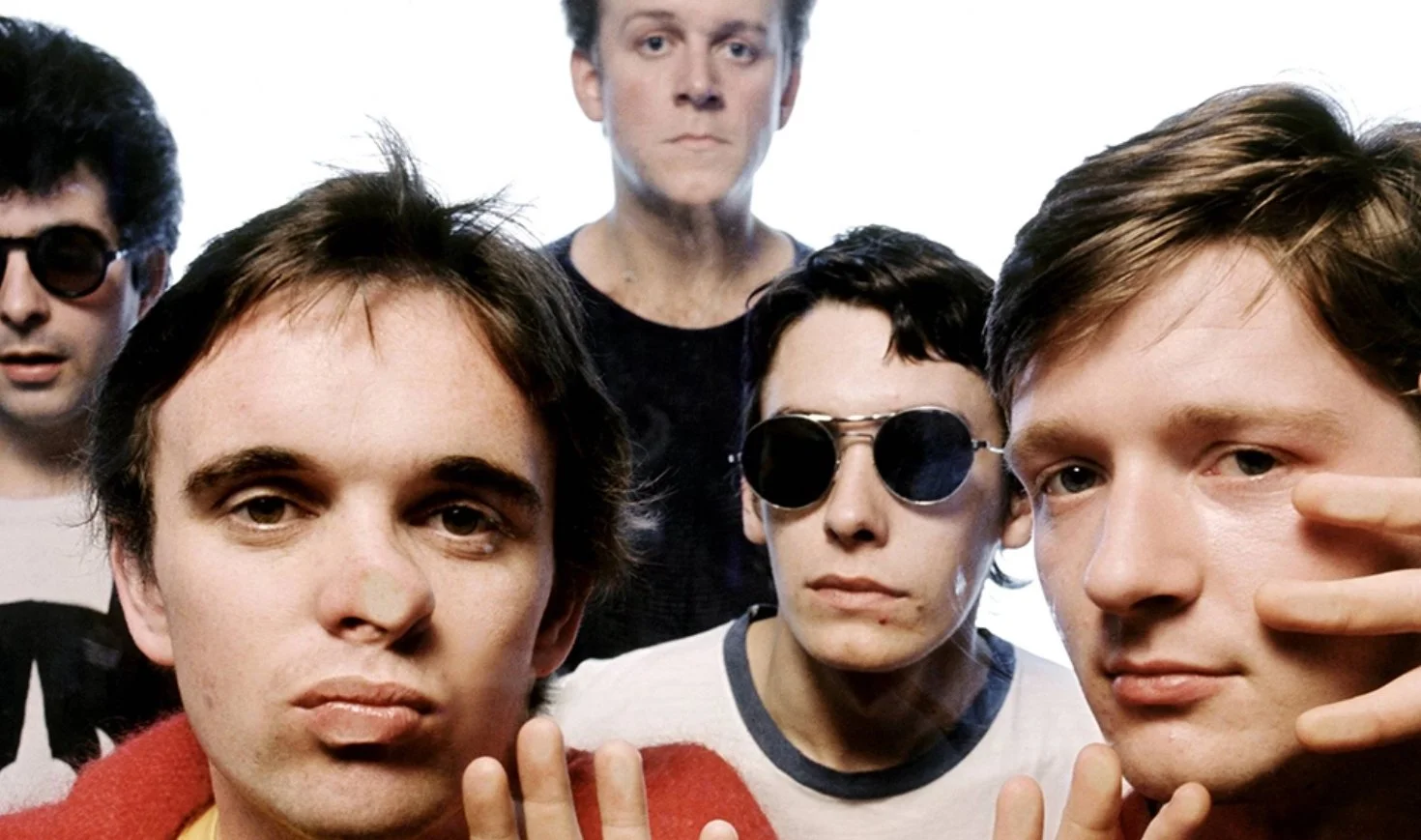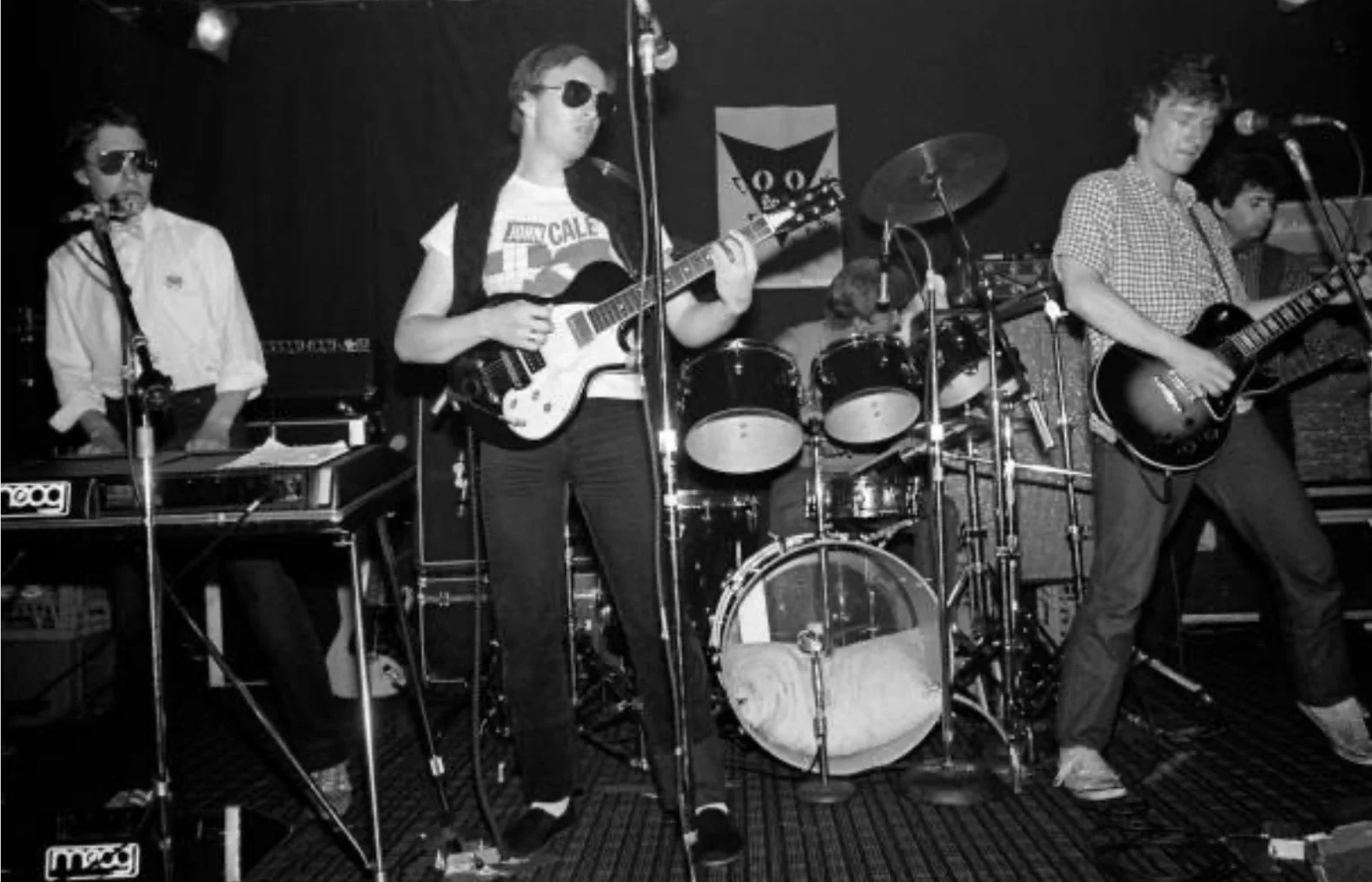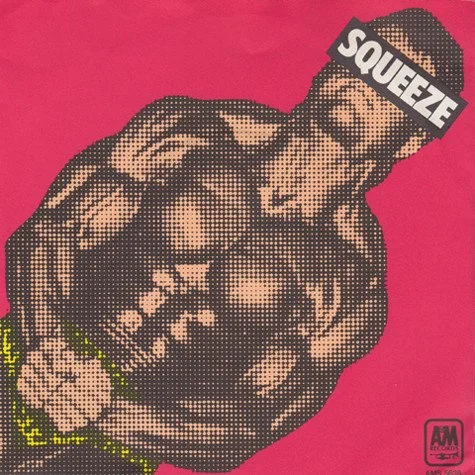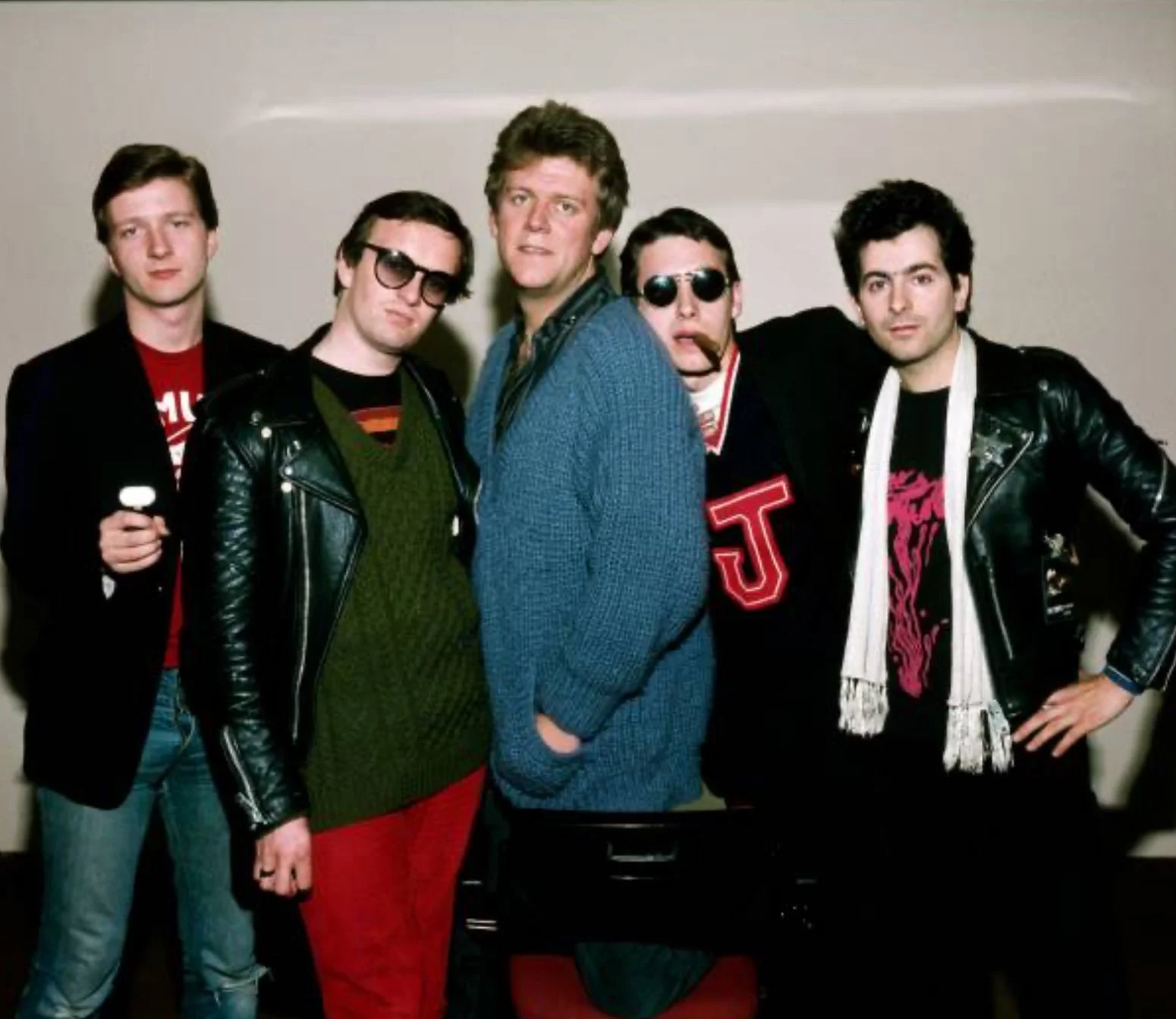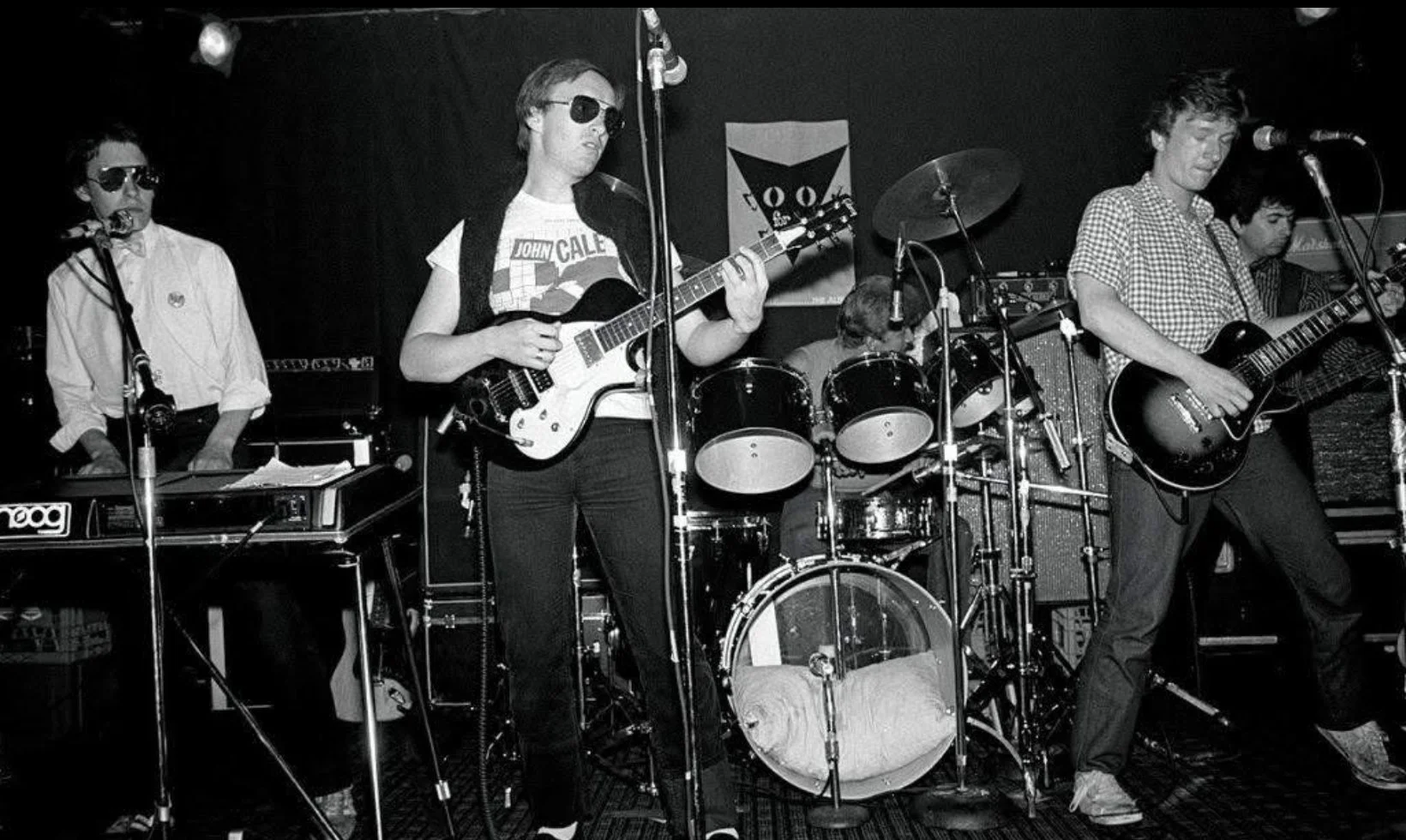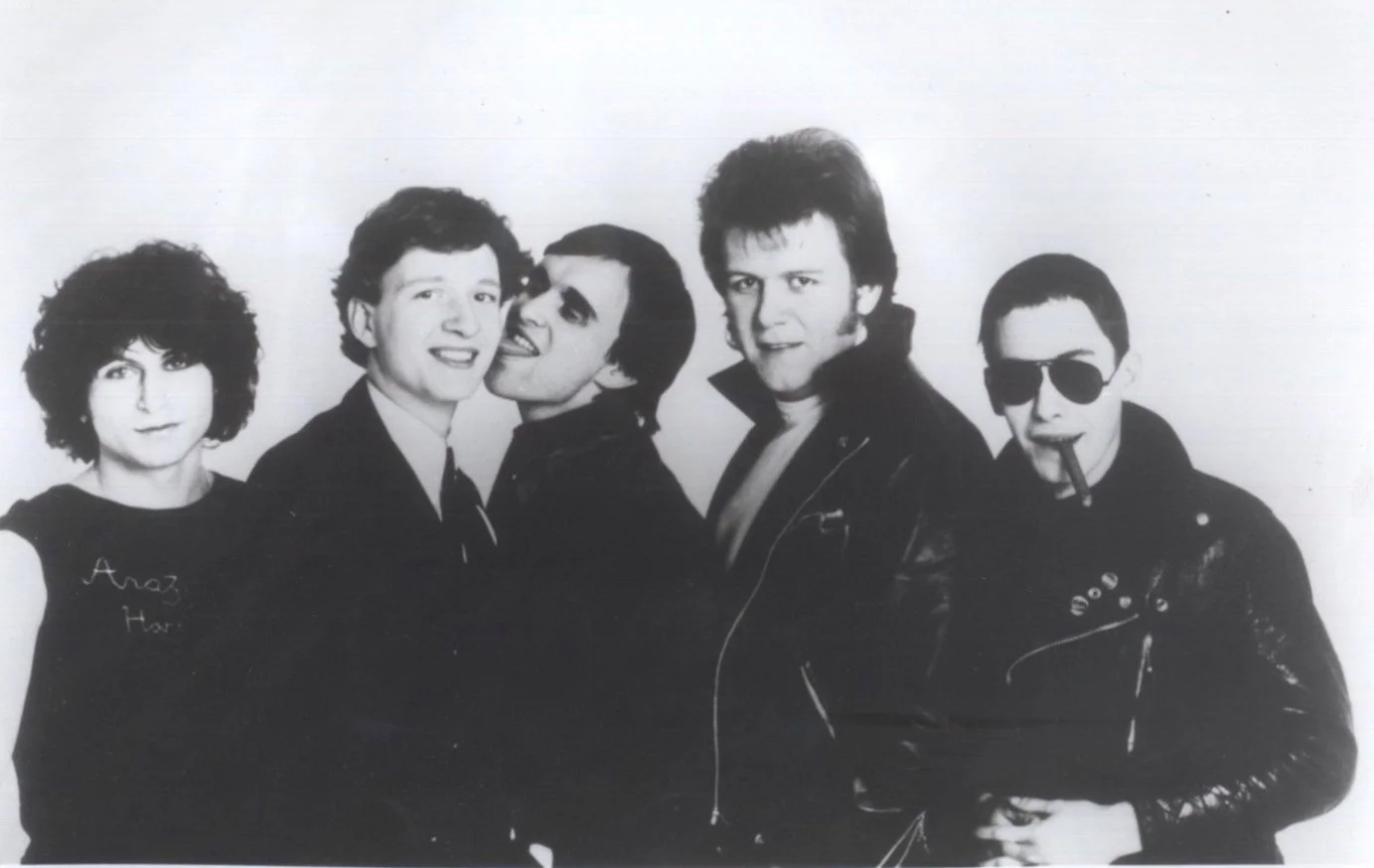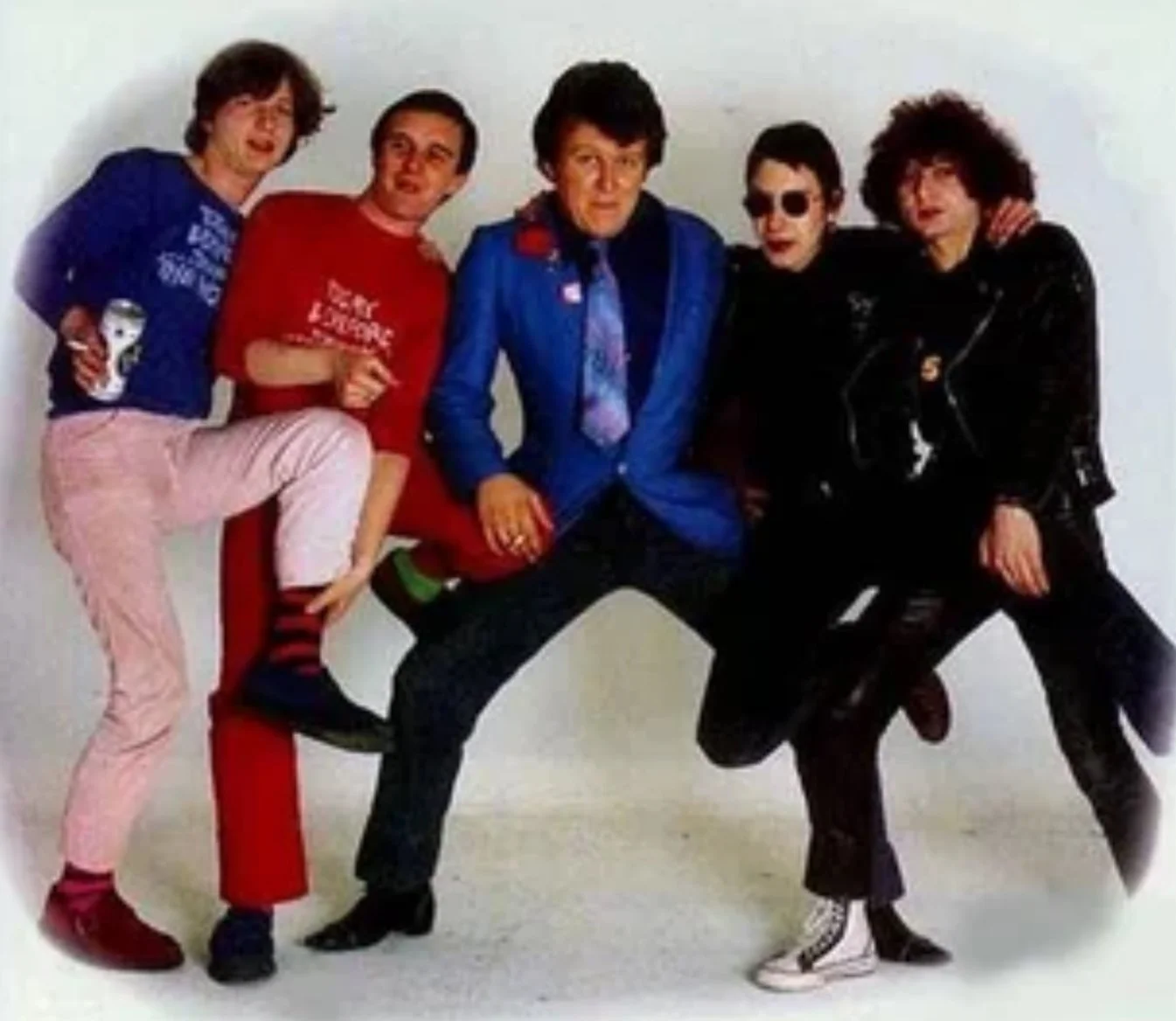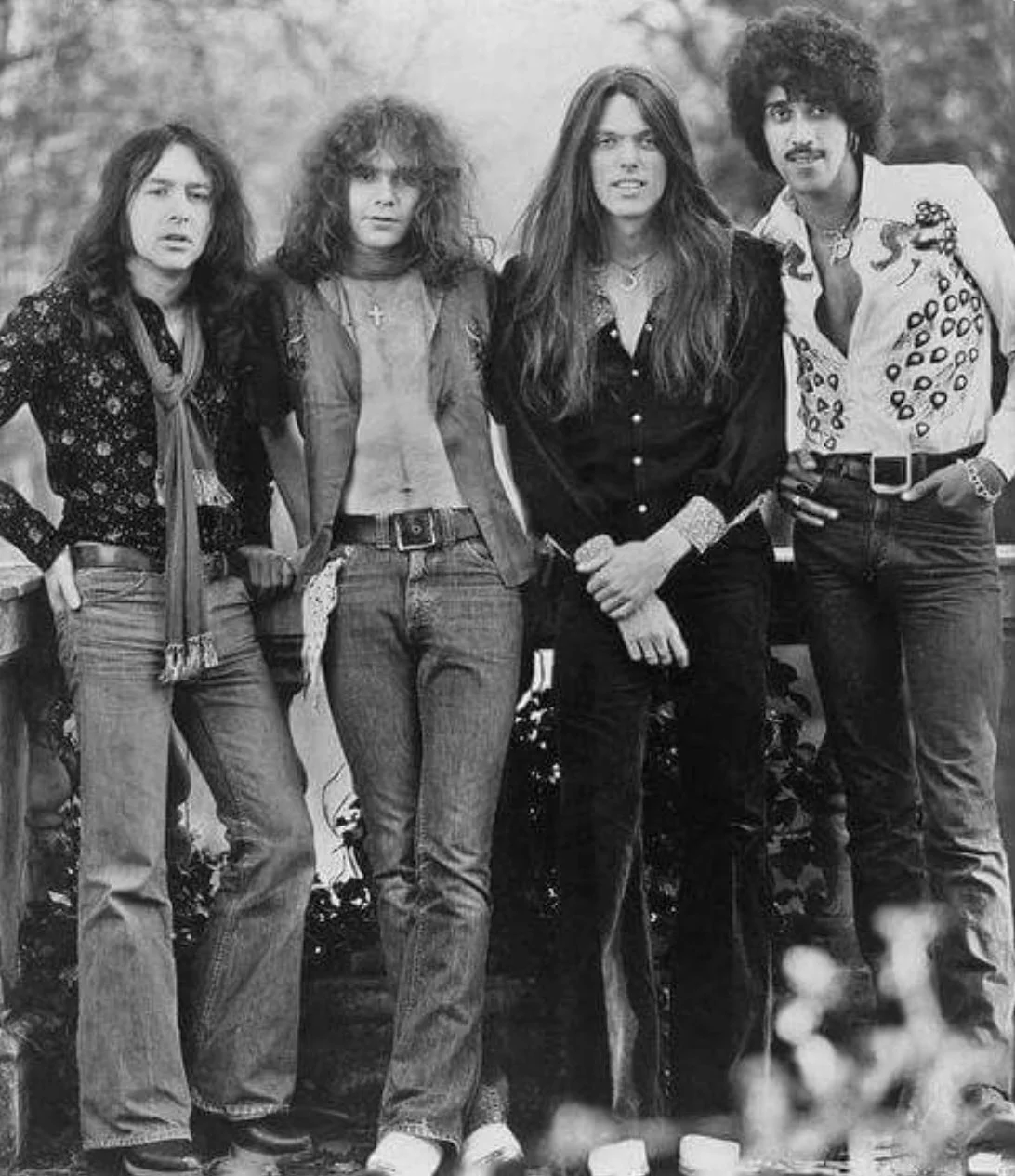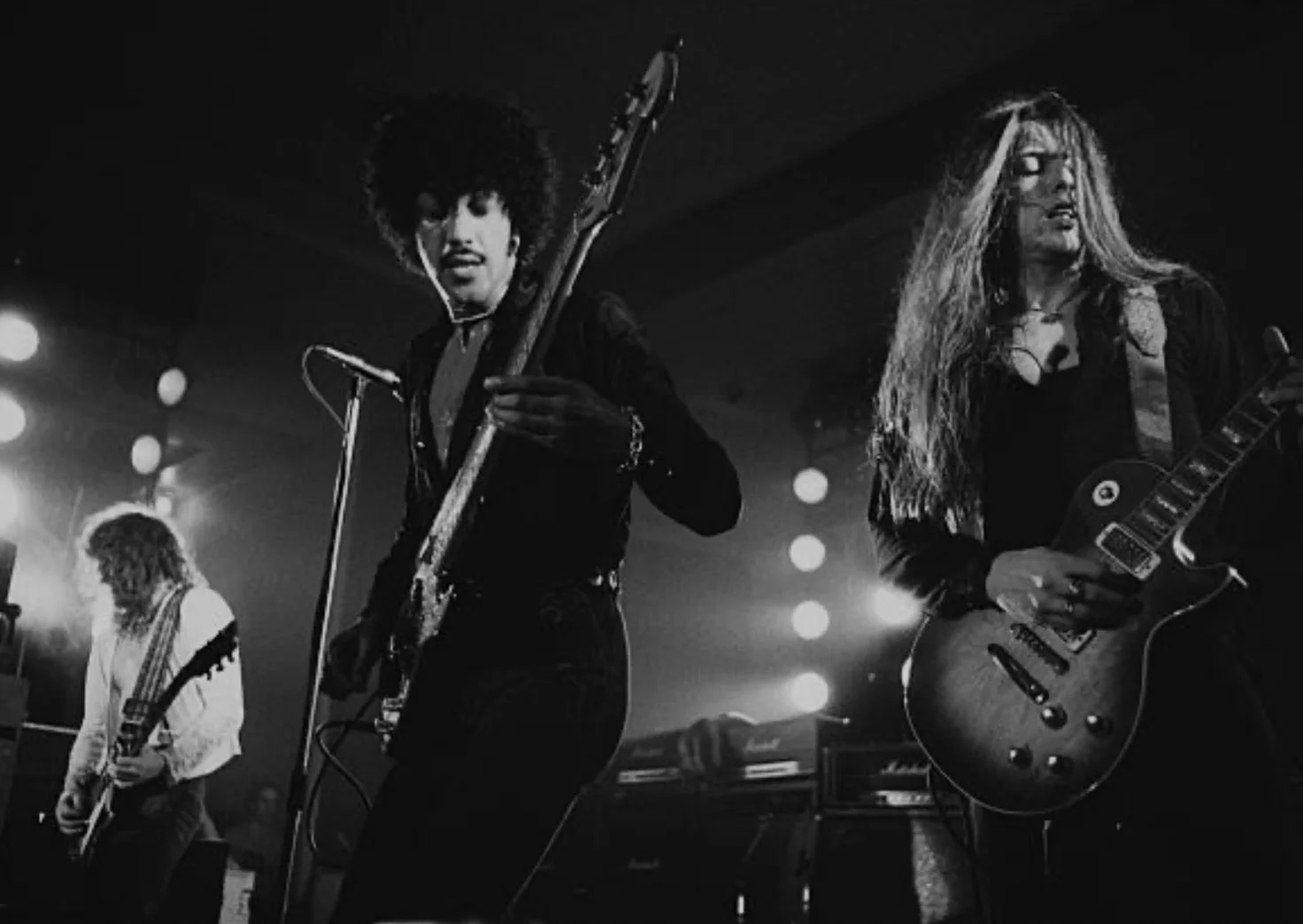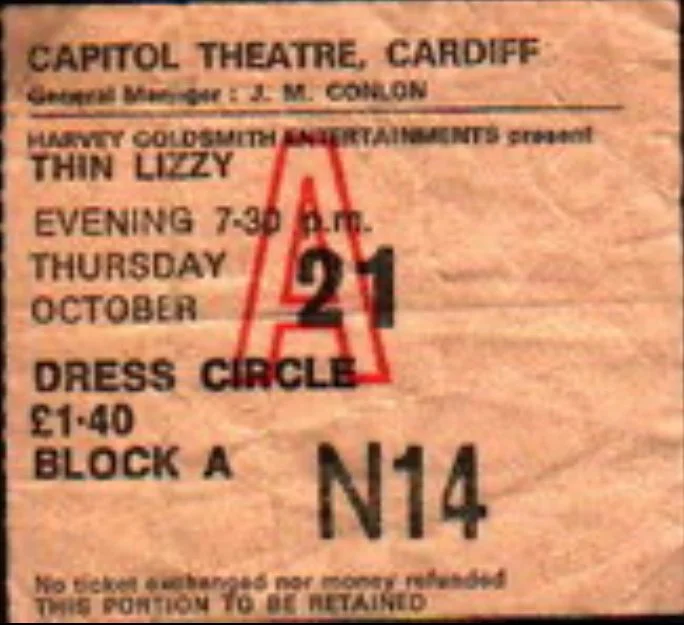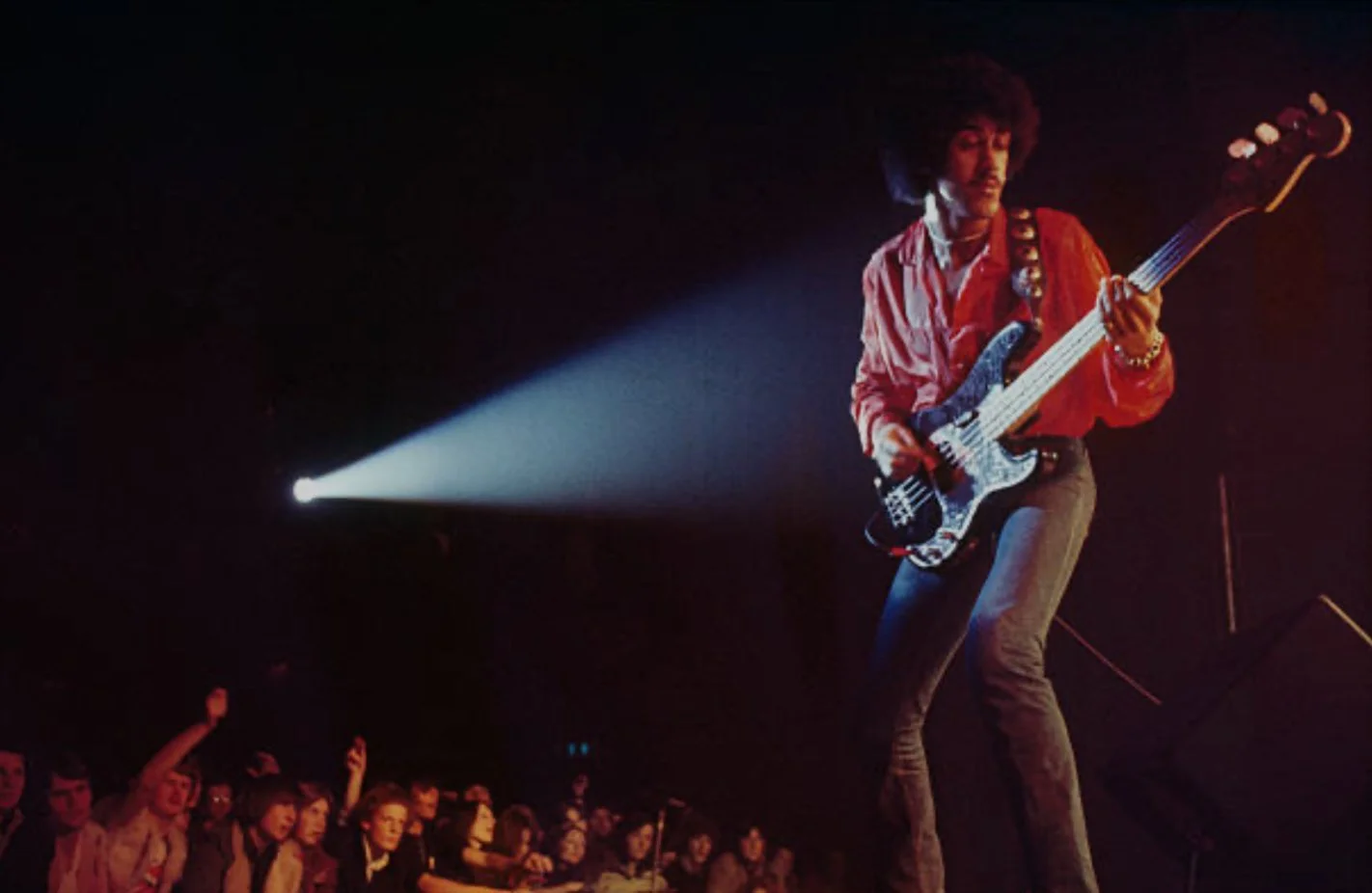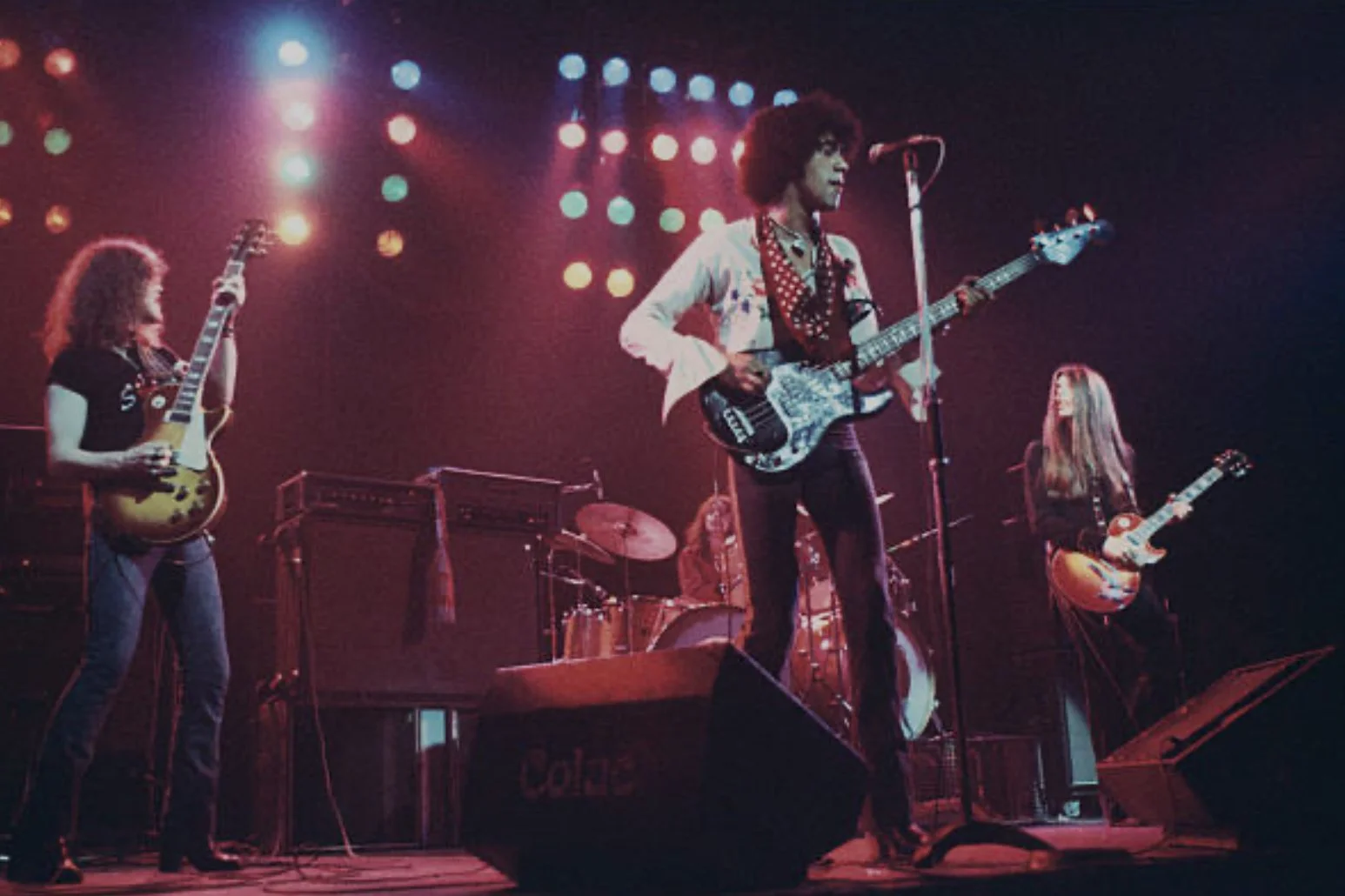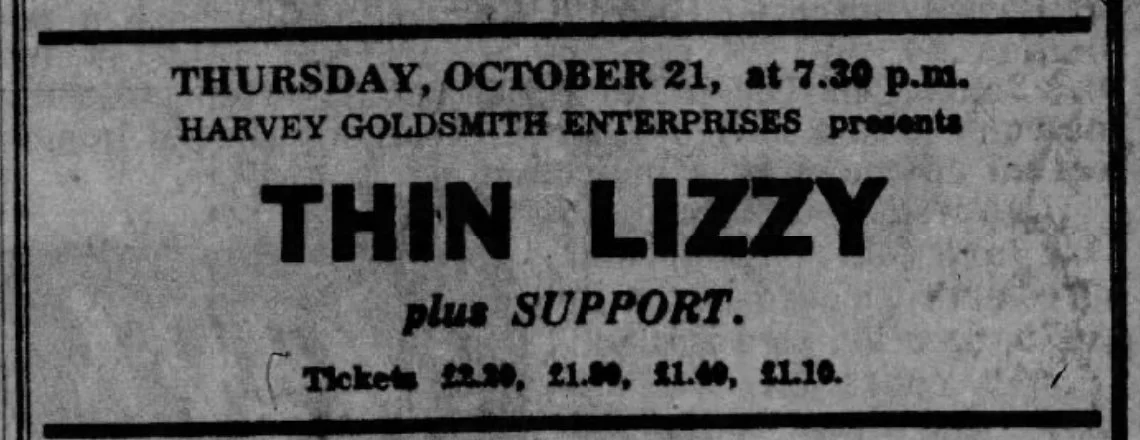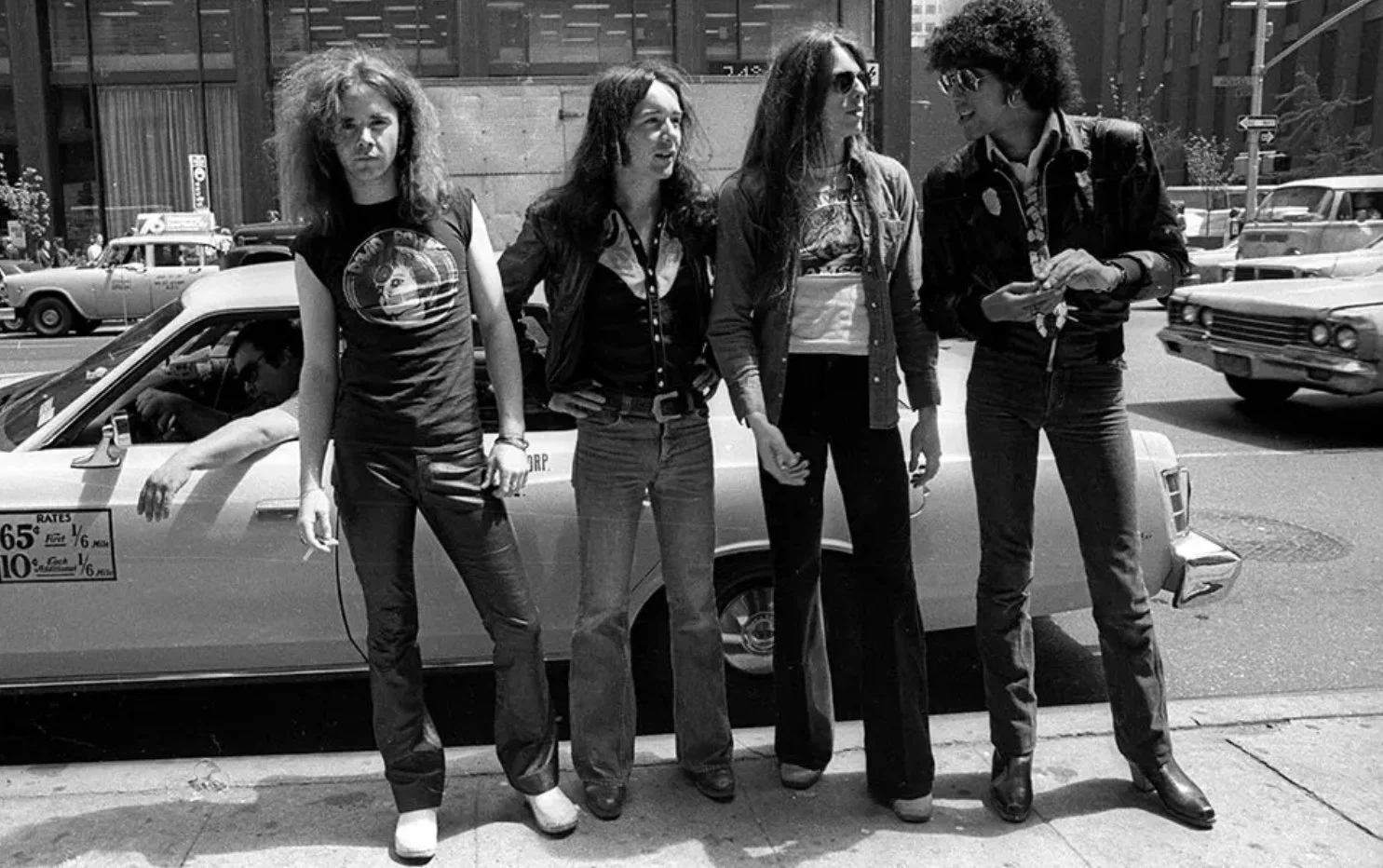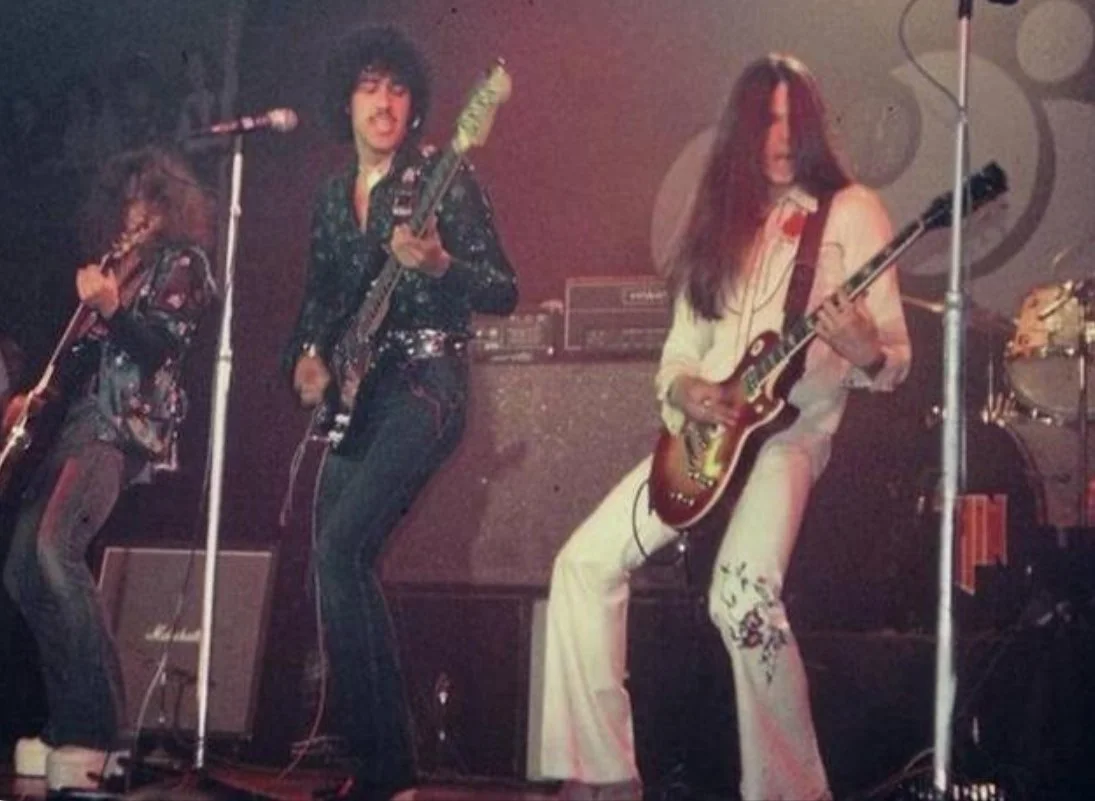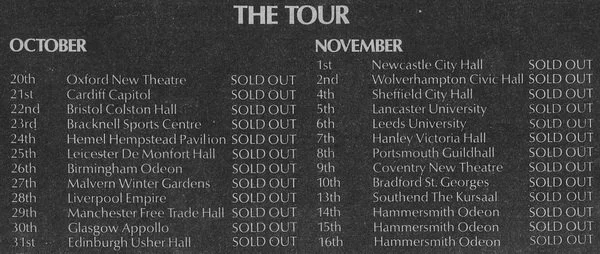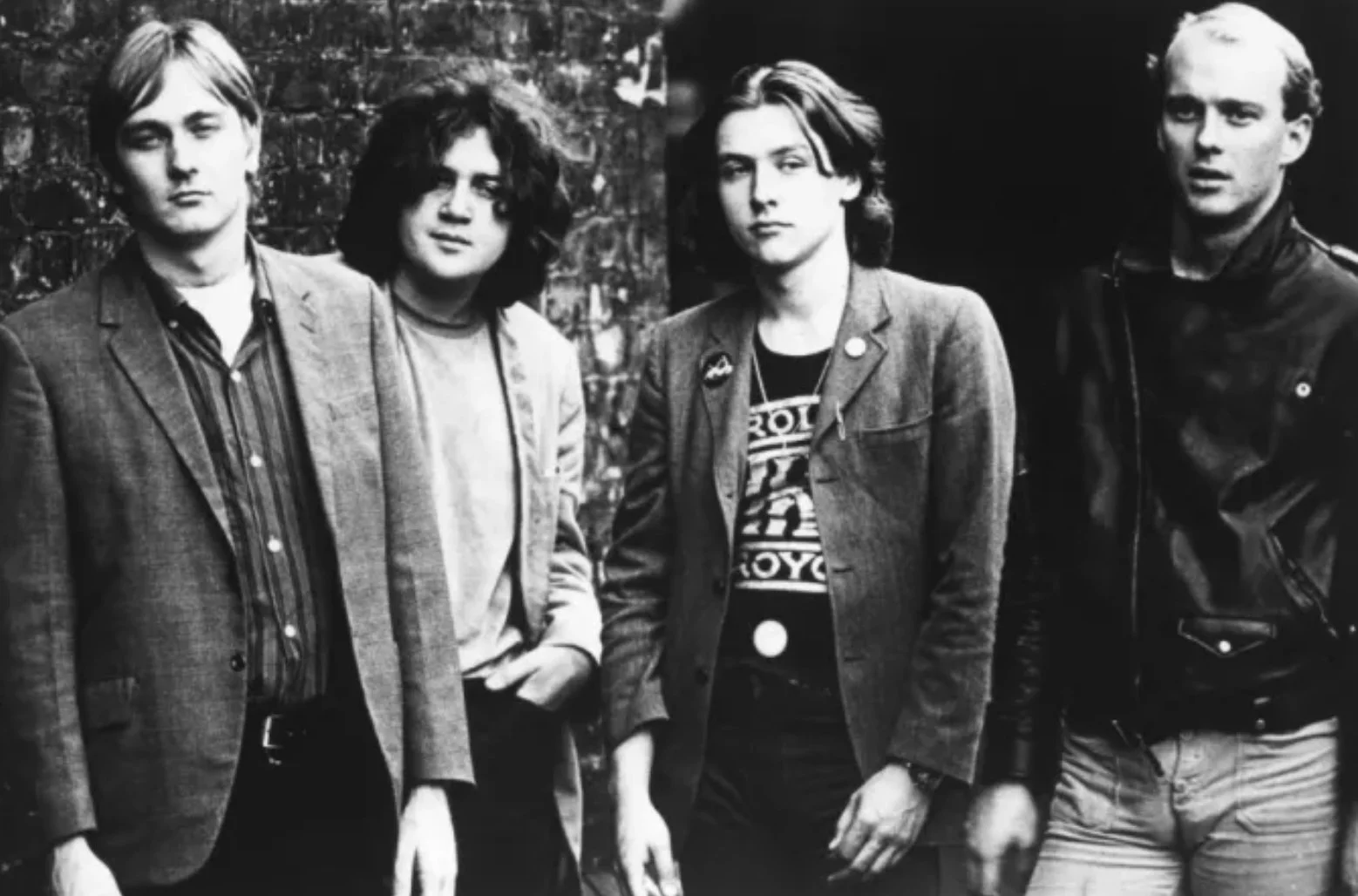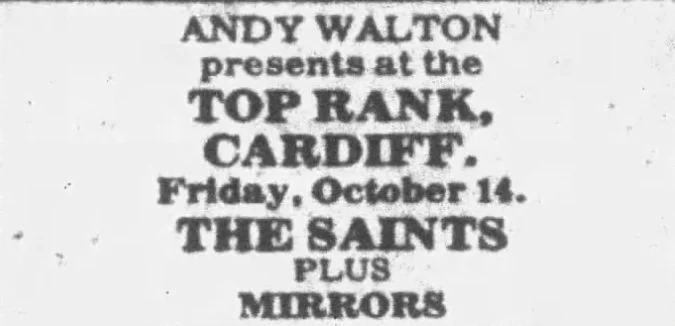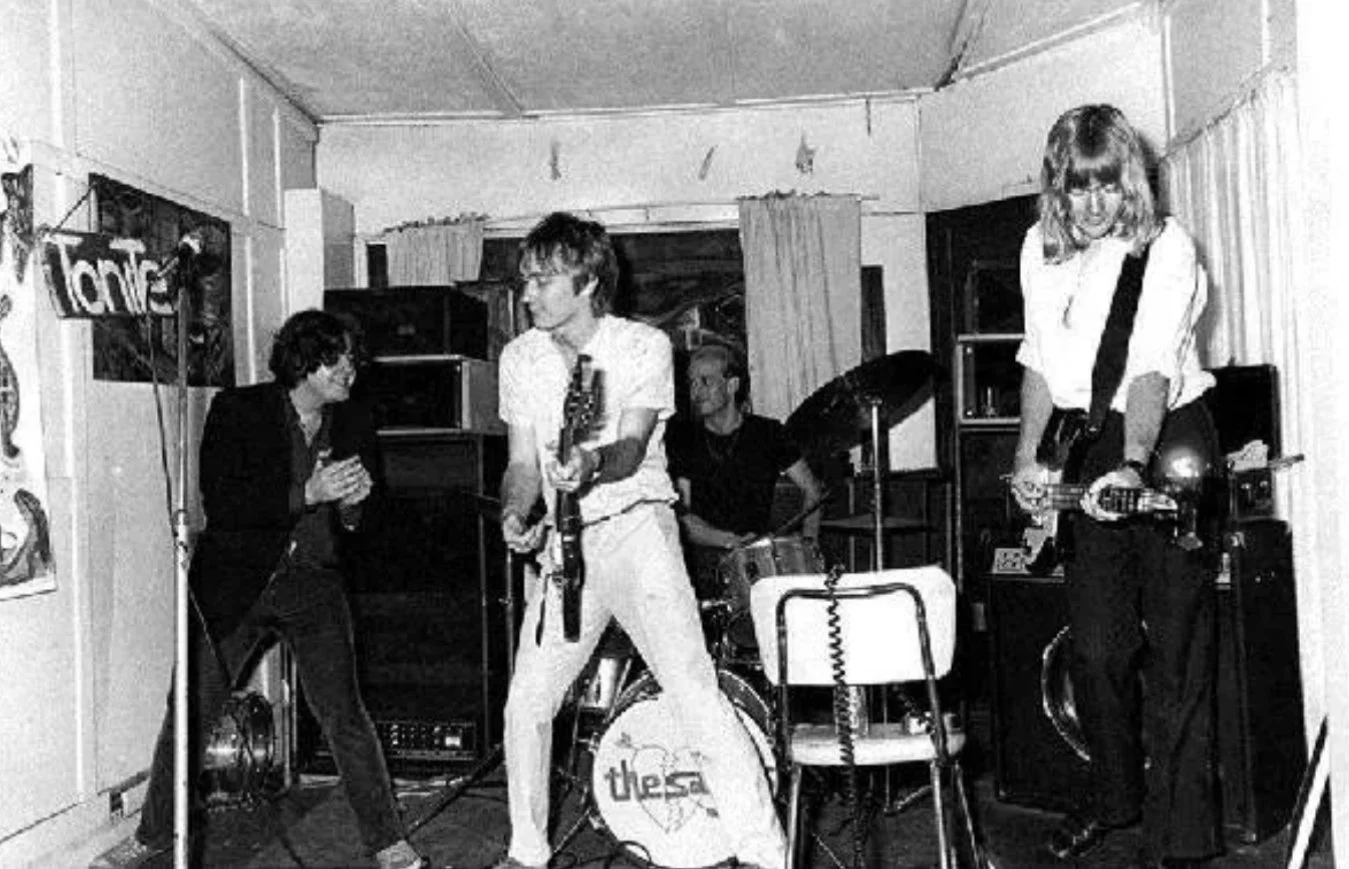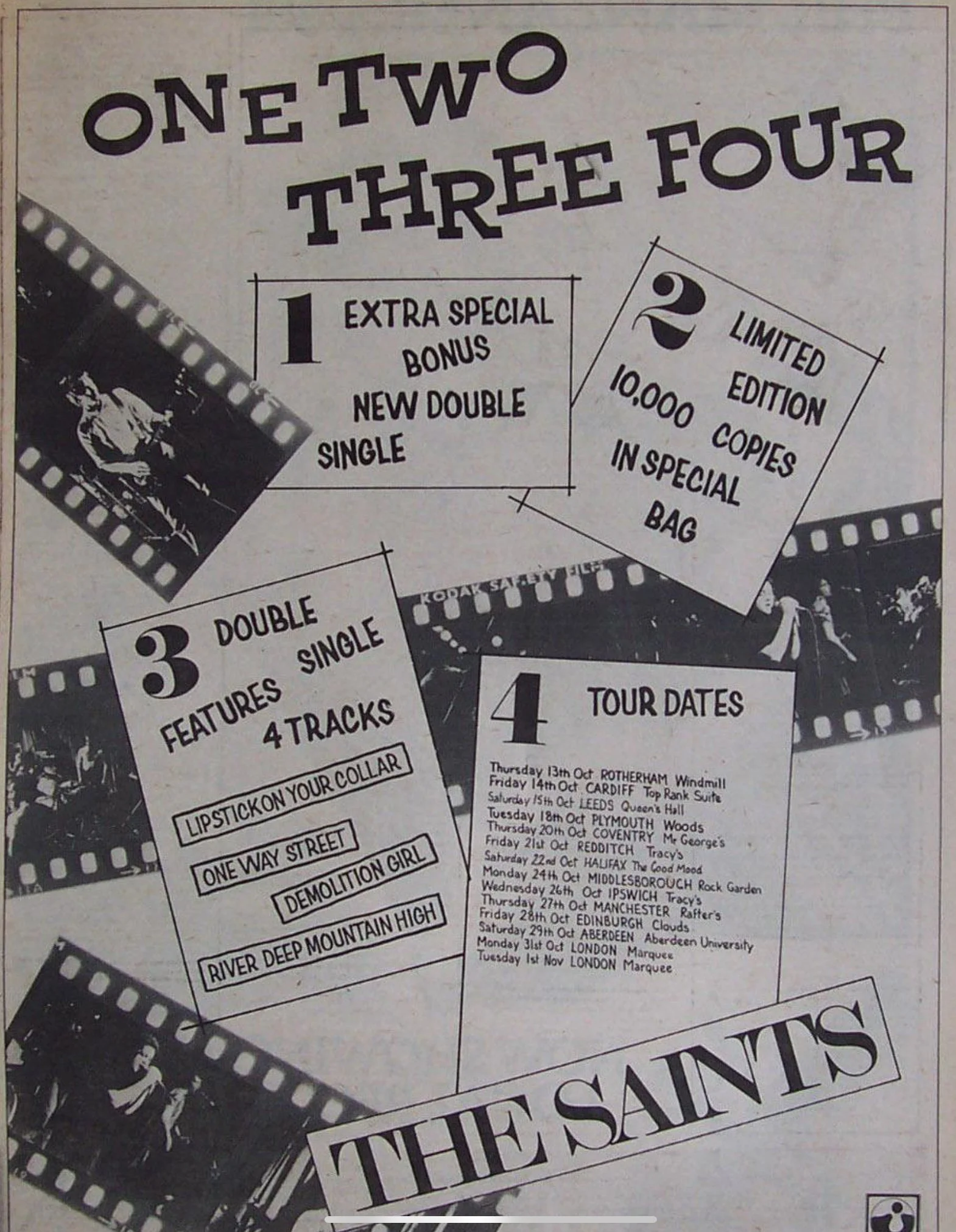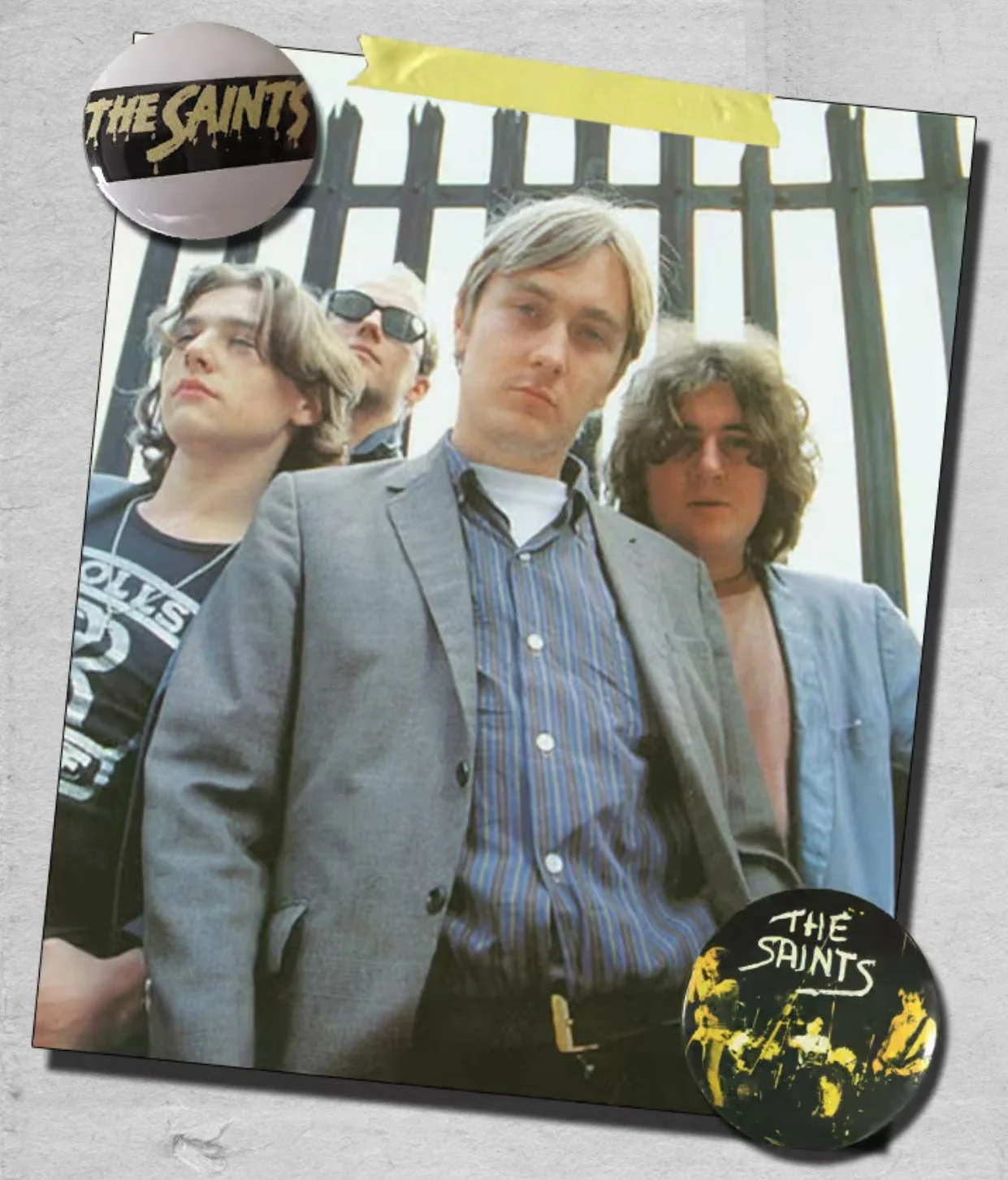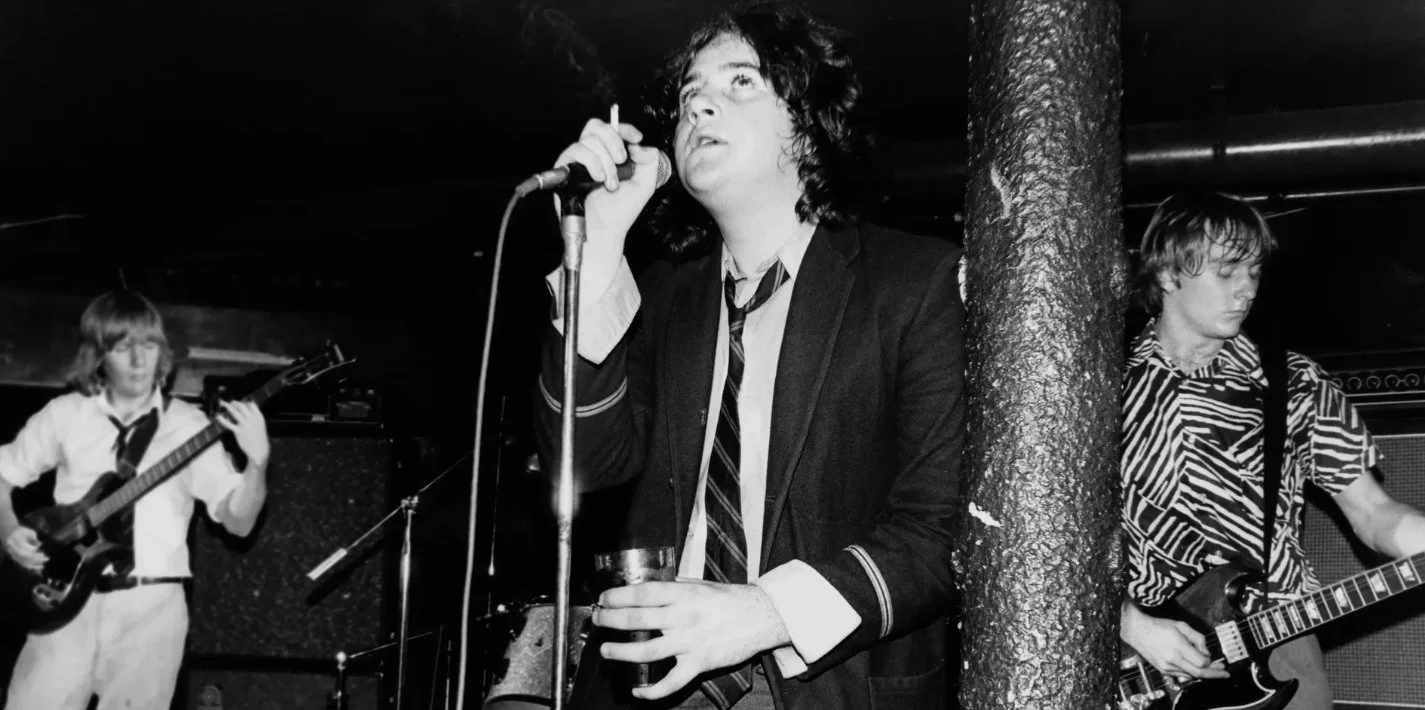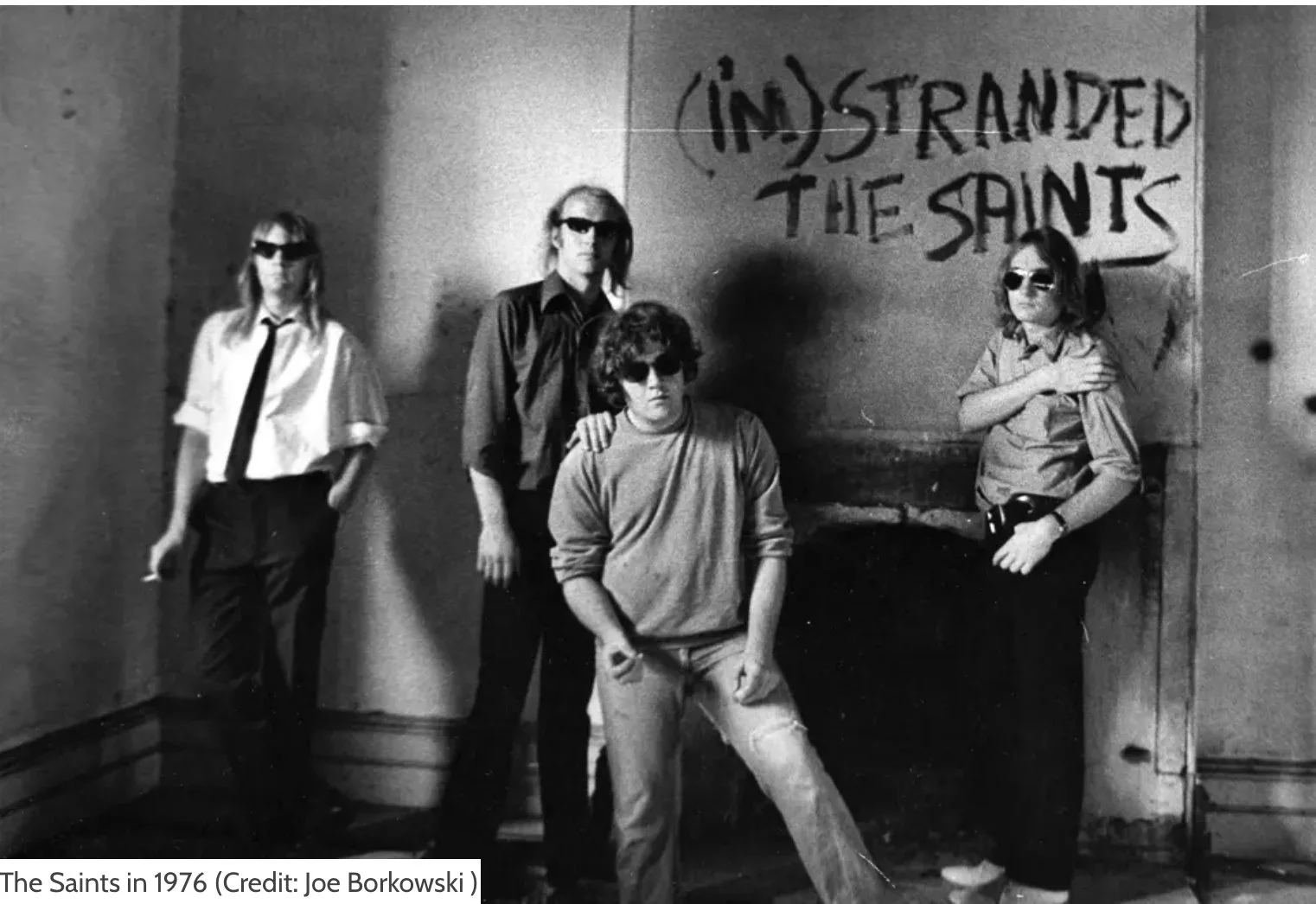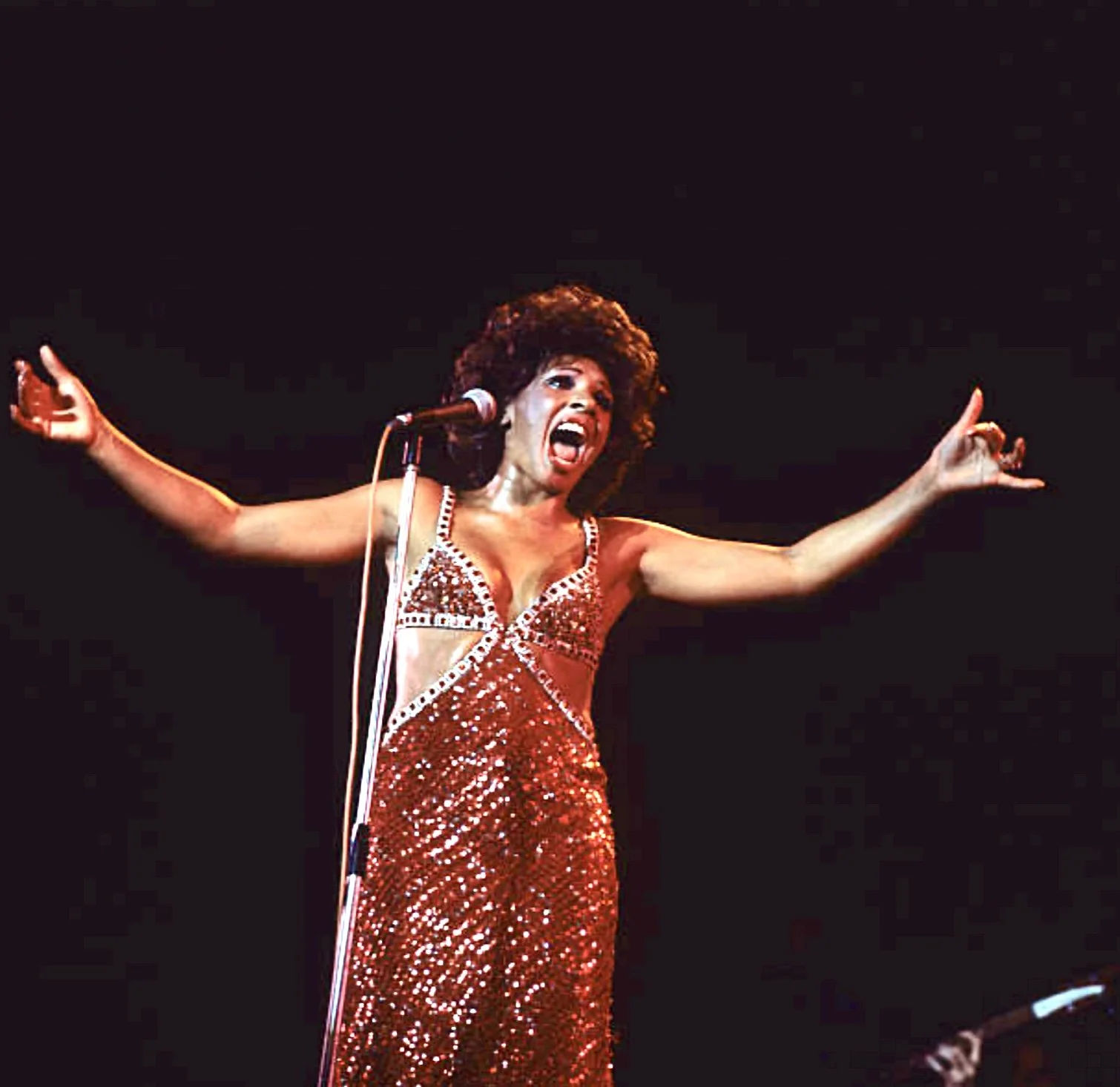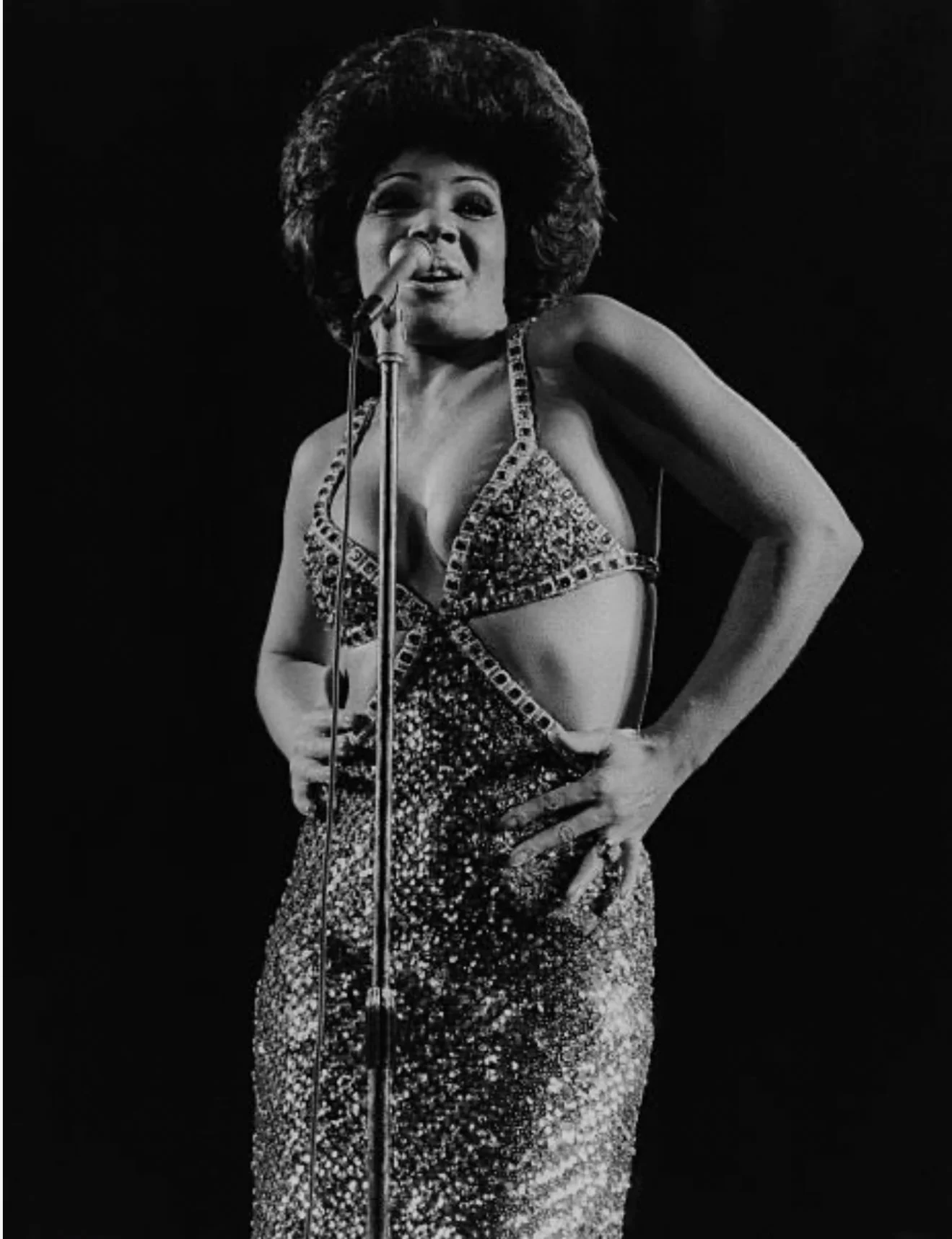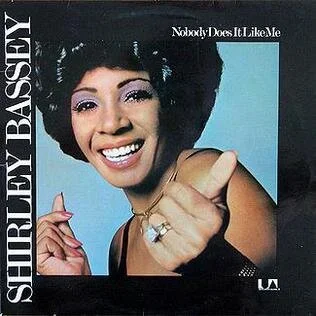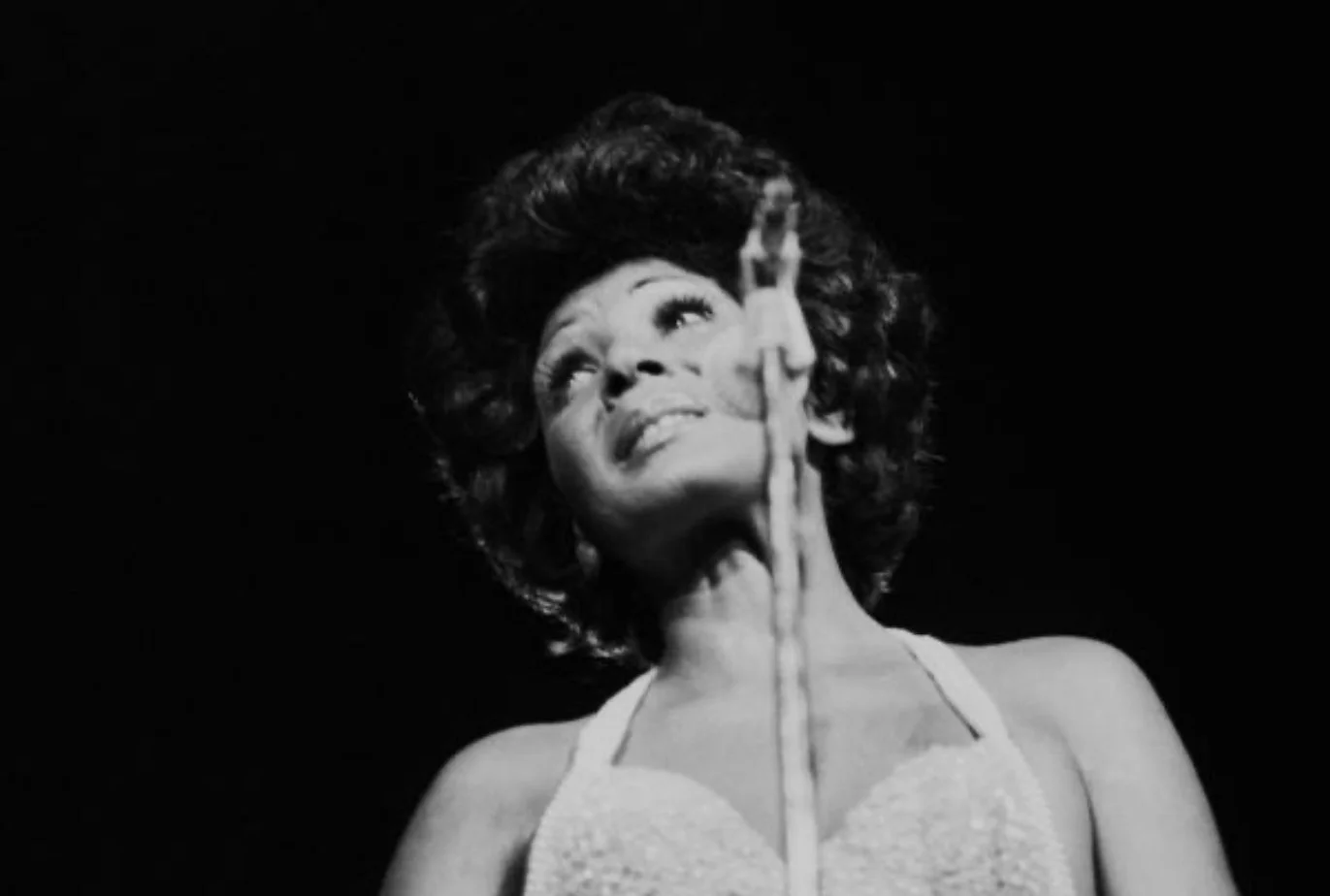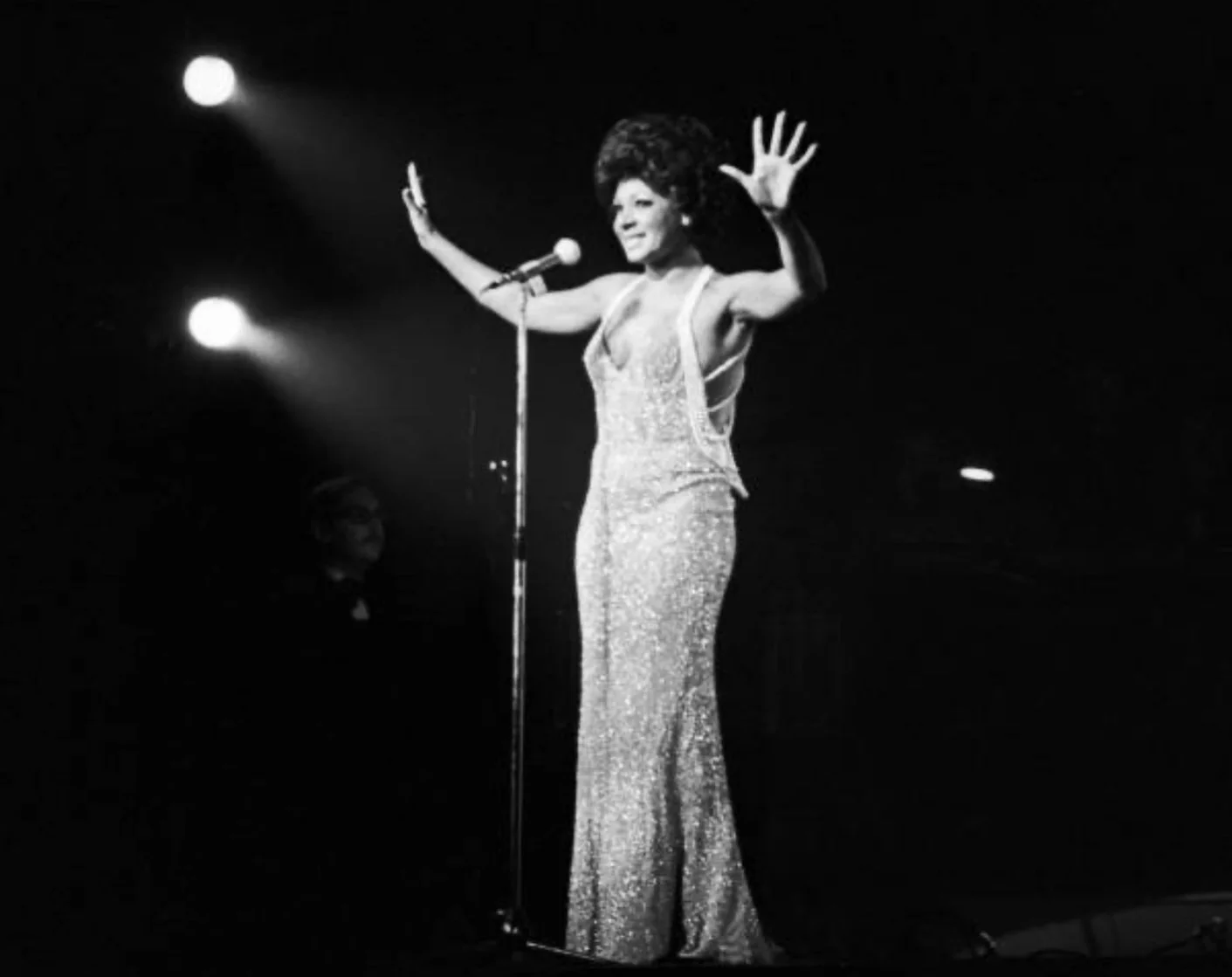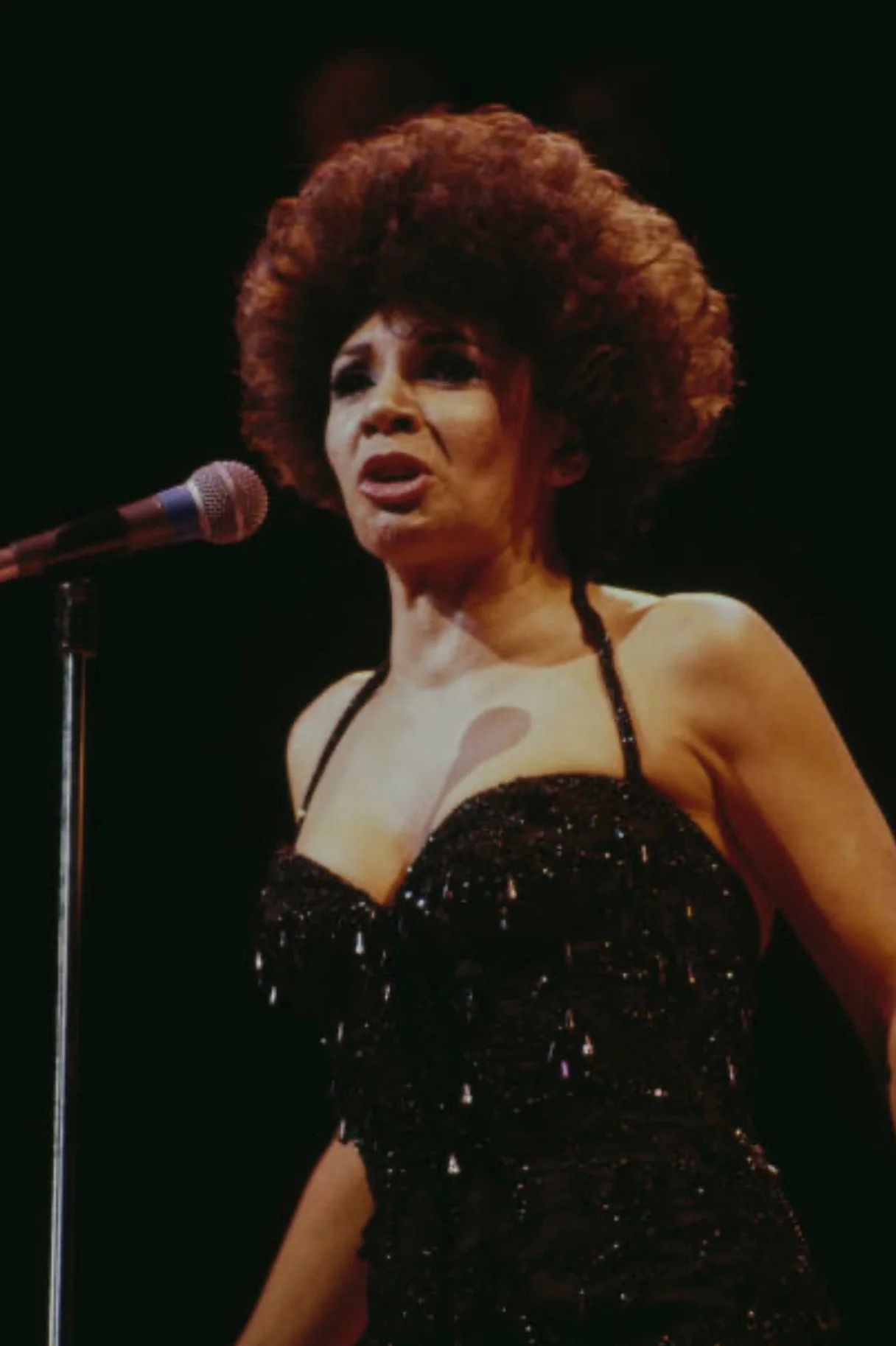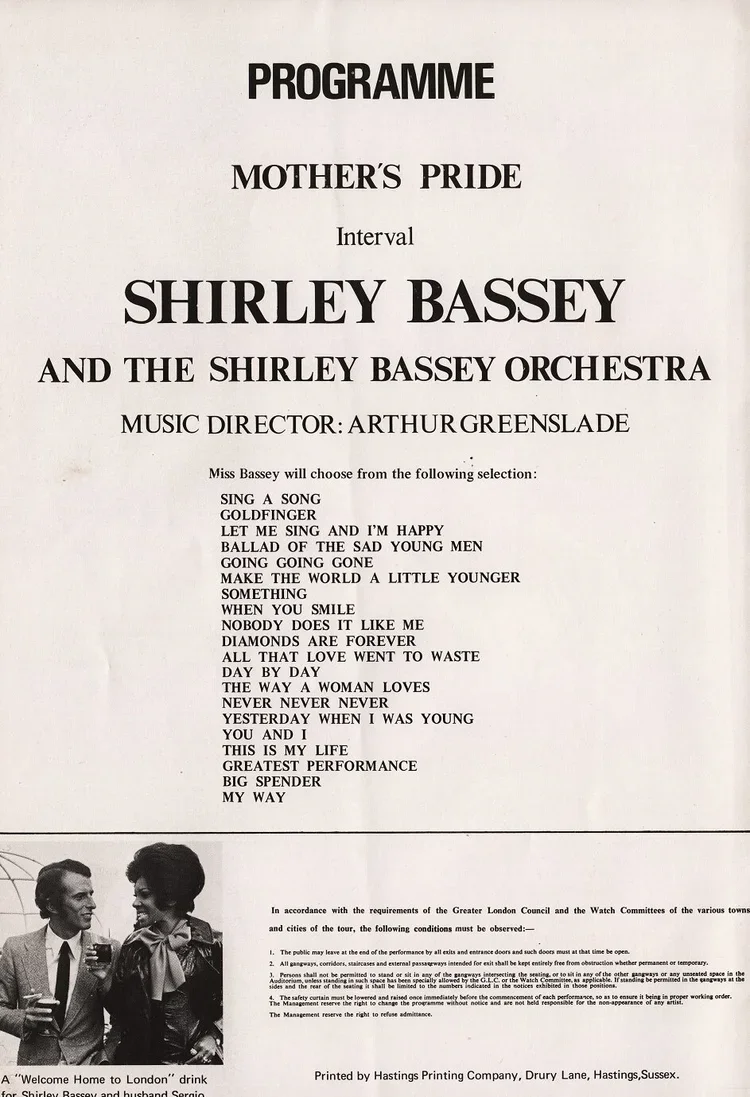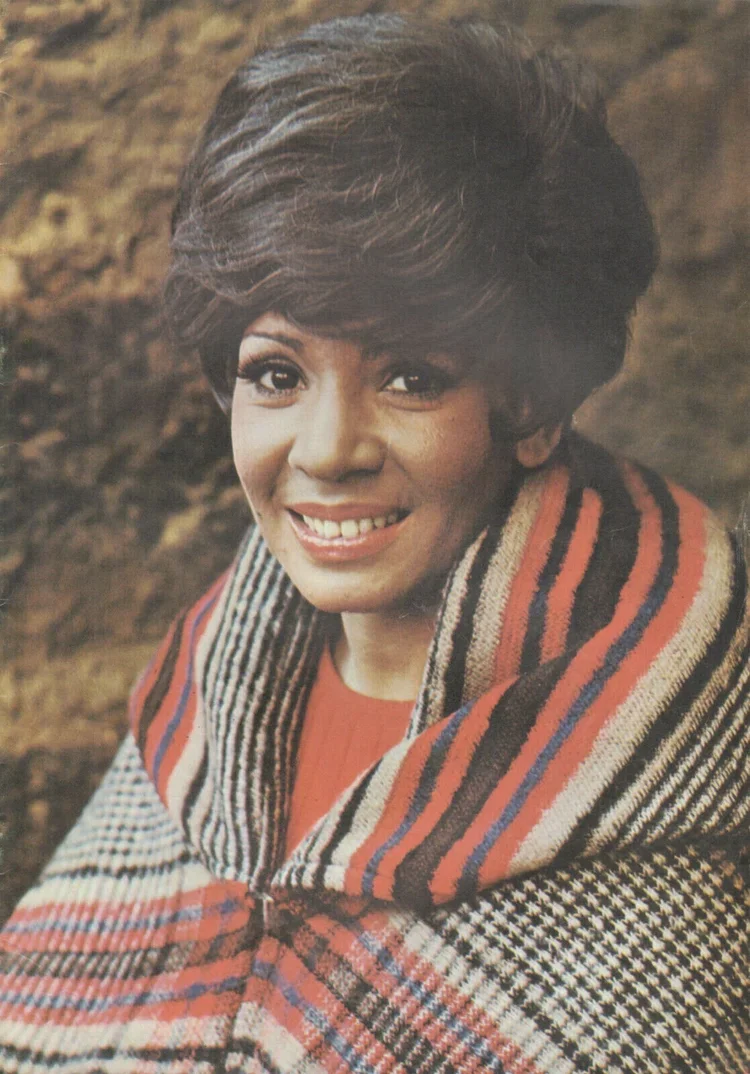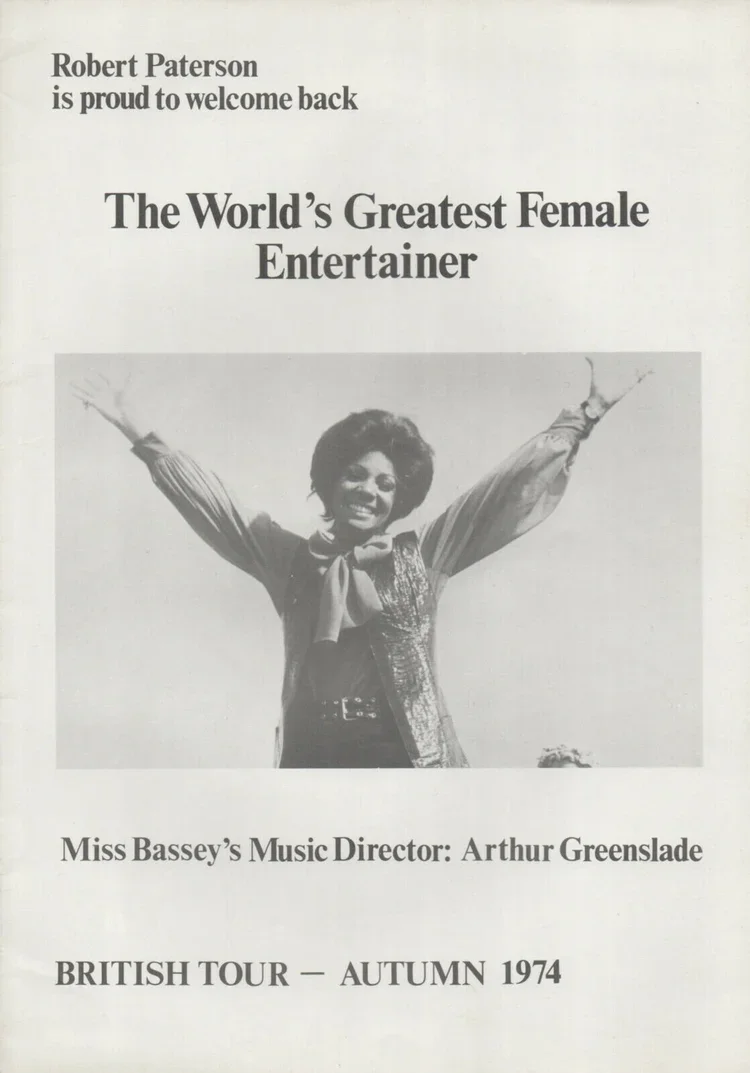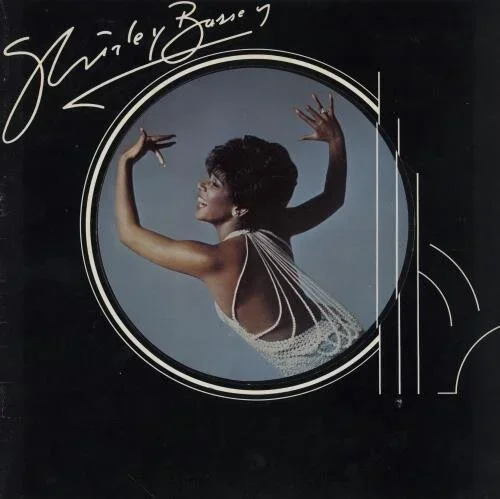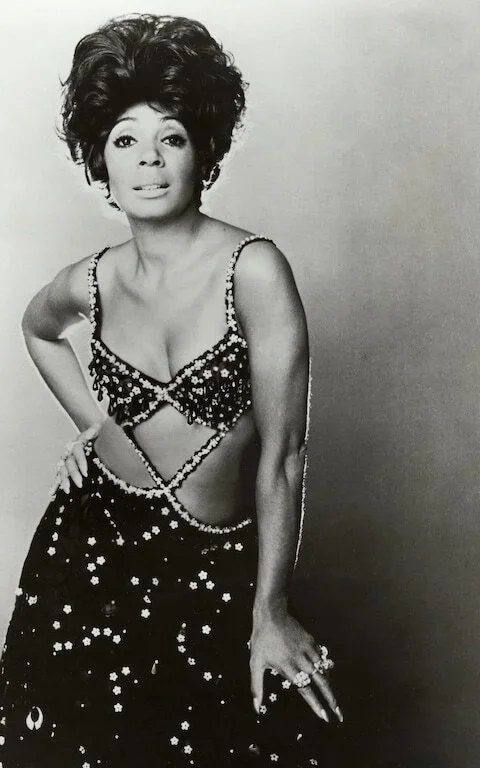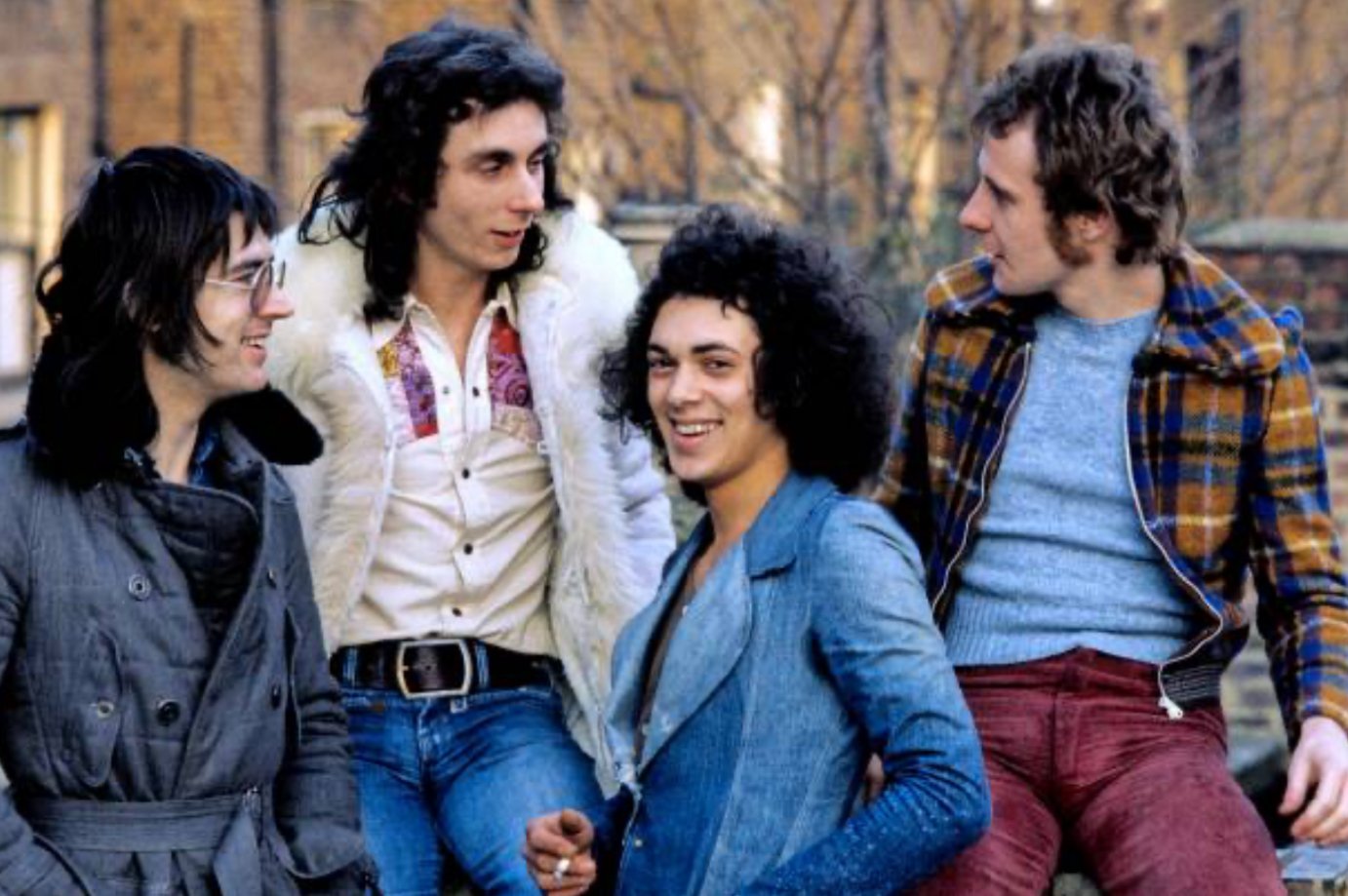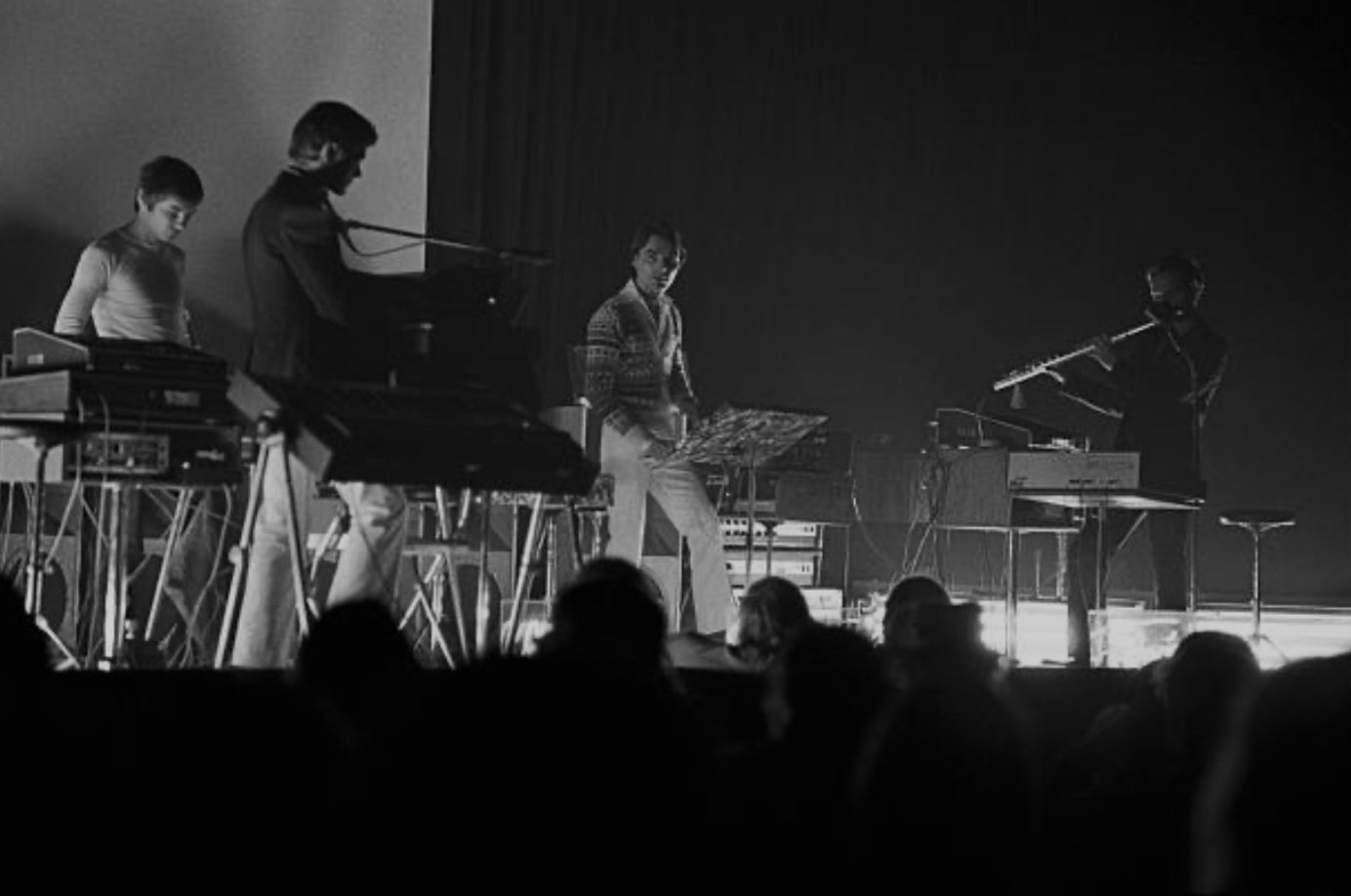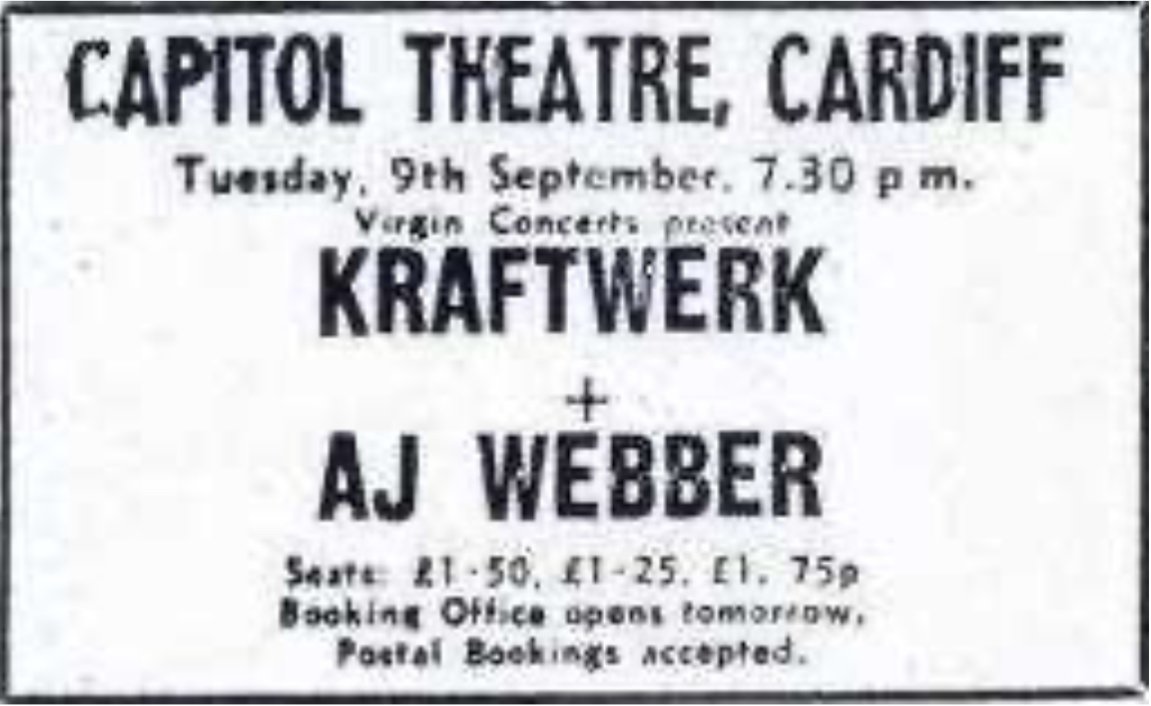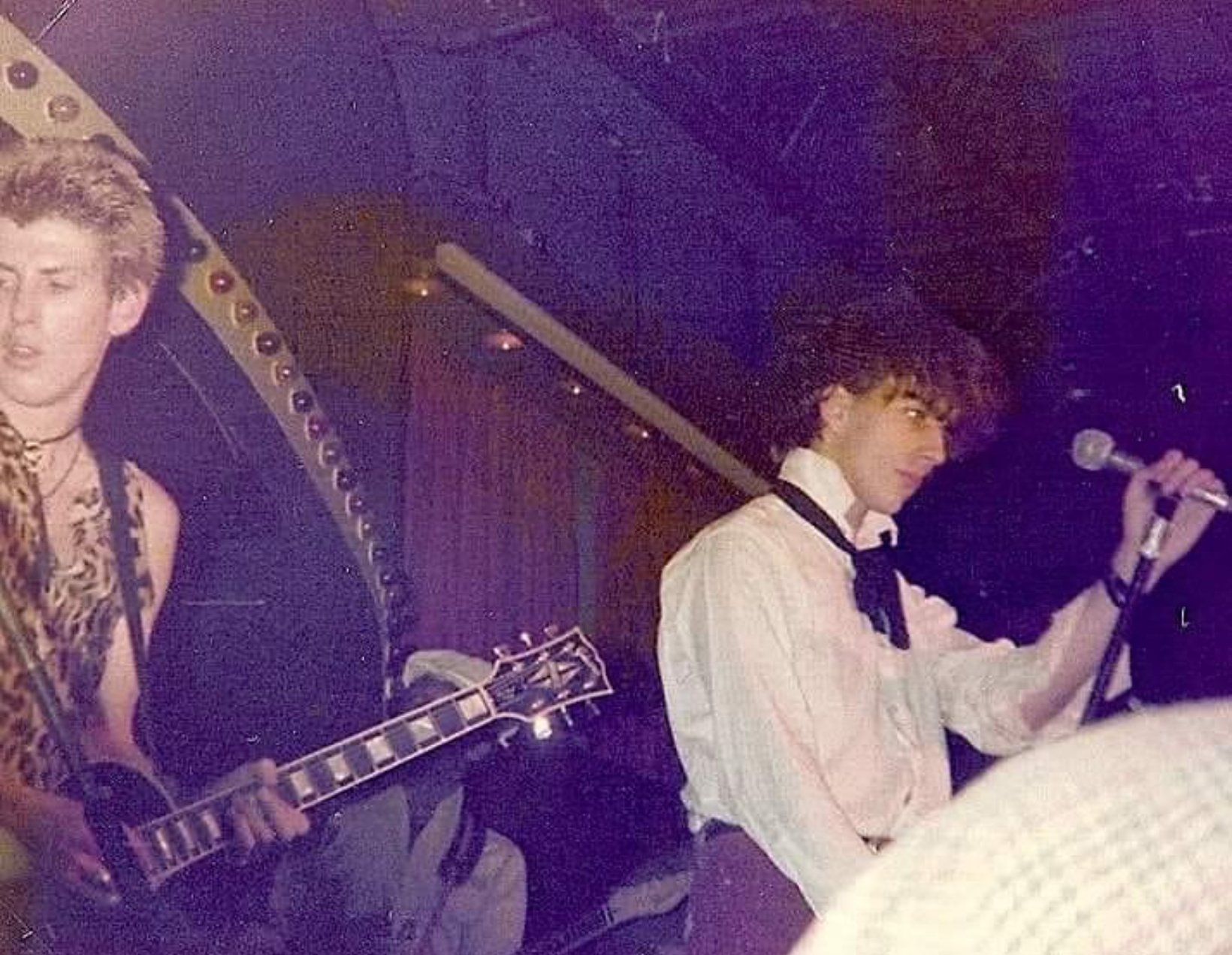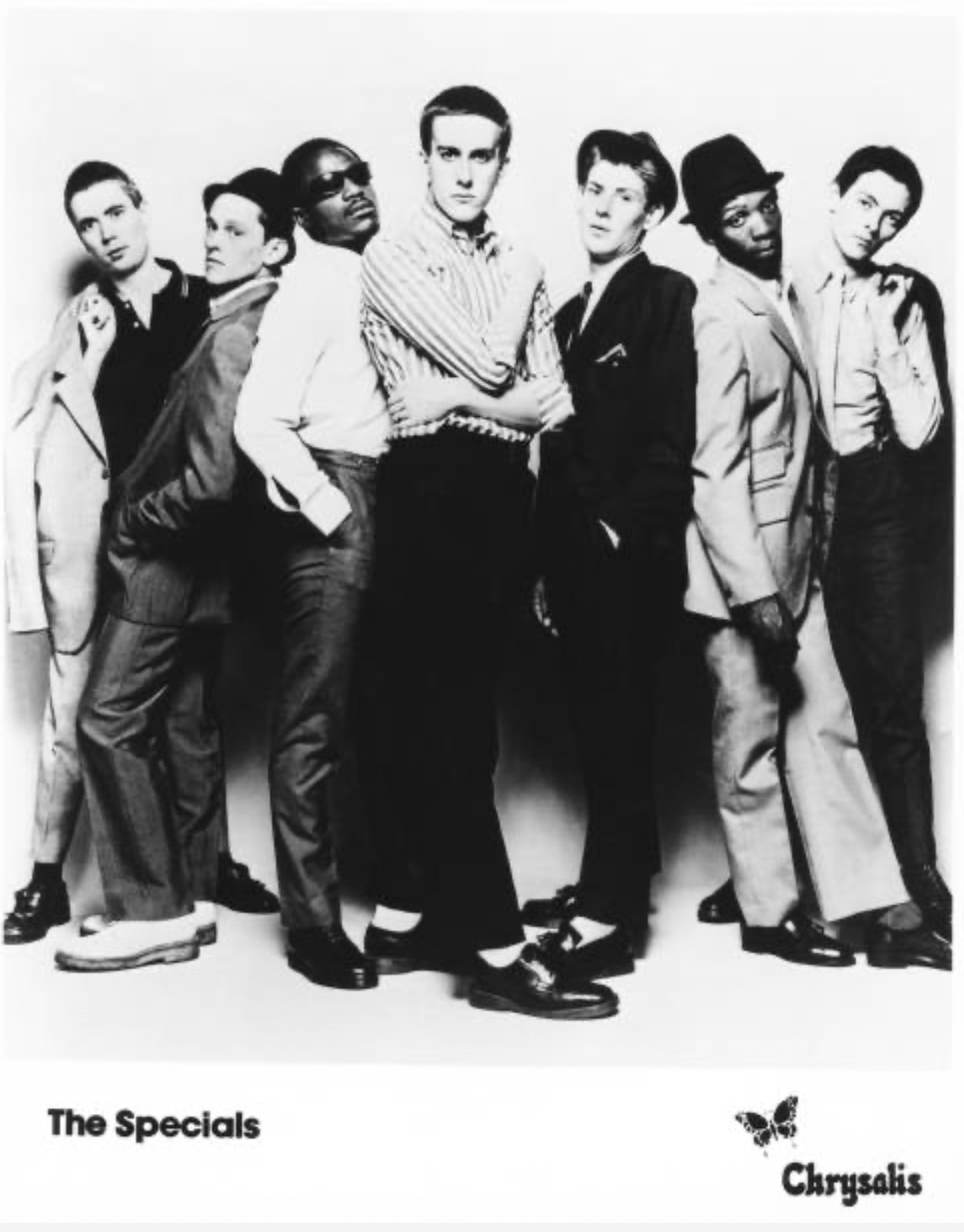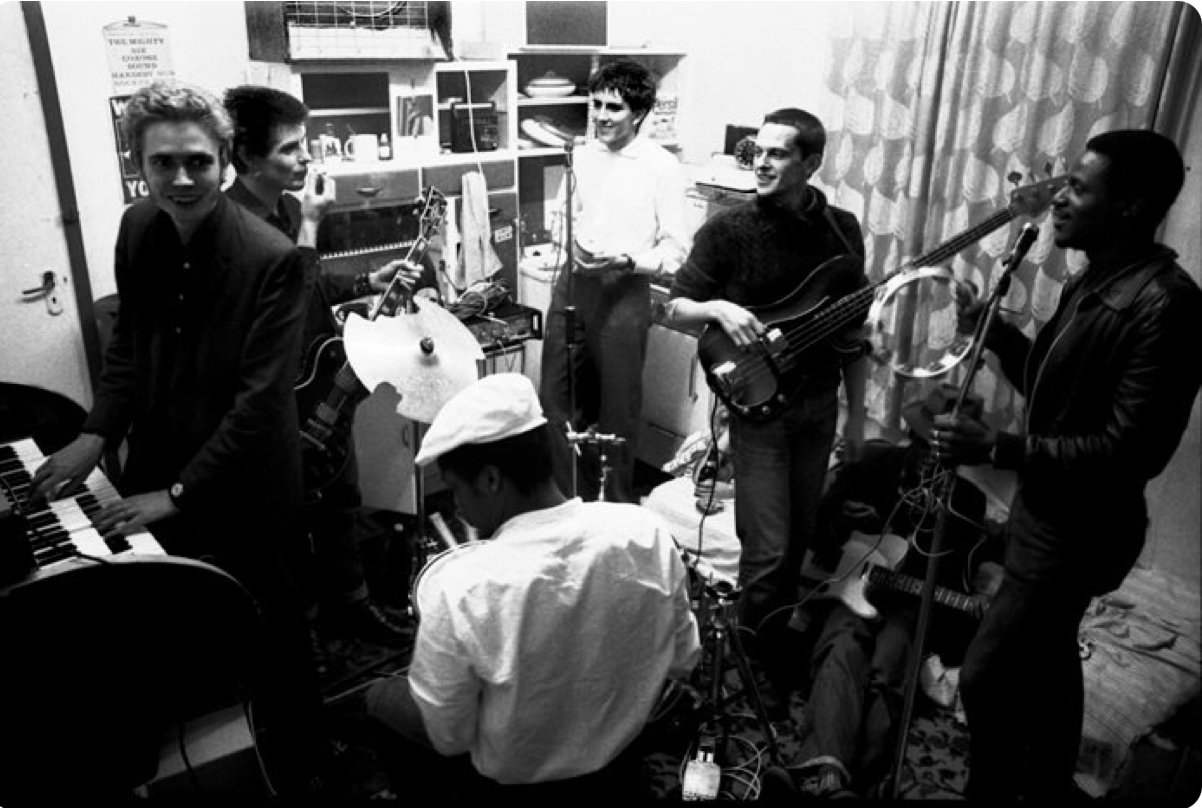On this day, 24 October 1978, rock band Squeeze played Cardiff’s Top Rank supporting Dr Feelgood.
The band's founding members in March 1974 were Chris Difford (guitar, vocals, lyrics), and Glenn Tilbrook (vocals, guitar, music). Difford claims that in 1973, he stole 50p from his mother's purse to put a card in a local sweetshop window to advertise for a guitarist to join his band, although he was not actually in a band at the time. Tilbrook was the only person who responded to the advertisement.
Difford and Tilbrook began writing songs together, and soon added Jools Holland (keyboards) and Paul Gunn (drums) to form an actual band. The group performed under several names, most frequently "Captain Trundlow's Sky Company" or "Skyco", before selecting the band name "Squeeze" as a facetious tribute to the Velvet Underground's oft-derided 1973 album Squeeze.
Gilson Lavis replaced Gunn on drums, and Harri Kakoulli joined on bass in 1975.
Squeeze's early career was spent around Deptford in south-east London, where they were part of a lively local music scene which included Alternative TV and Dire Straits. Though the group was initially signed to Miles Copeland III's BTM Records, the label went under in late 1976, and so their early singles and debut EP, 1977's Packet of Three, were released on the Deptford Fun City label.
Squeeze's first EP and most of their self-titled debut album (1978) were produced by John Cale for A&M Records. Cale had been a member of Velvet Underground from whose album Squeeze took their name. However, the debut album's two hit singles ("Take Me I'm Yours" and "Bang Bang") were produced by the band themselves, as the label found Cale's recordings uncommercial


